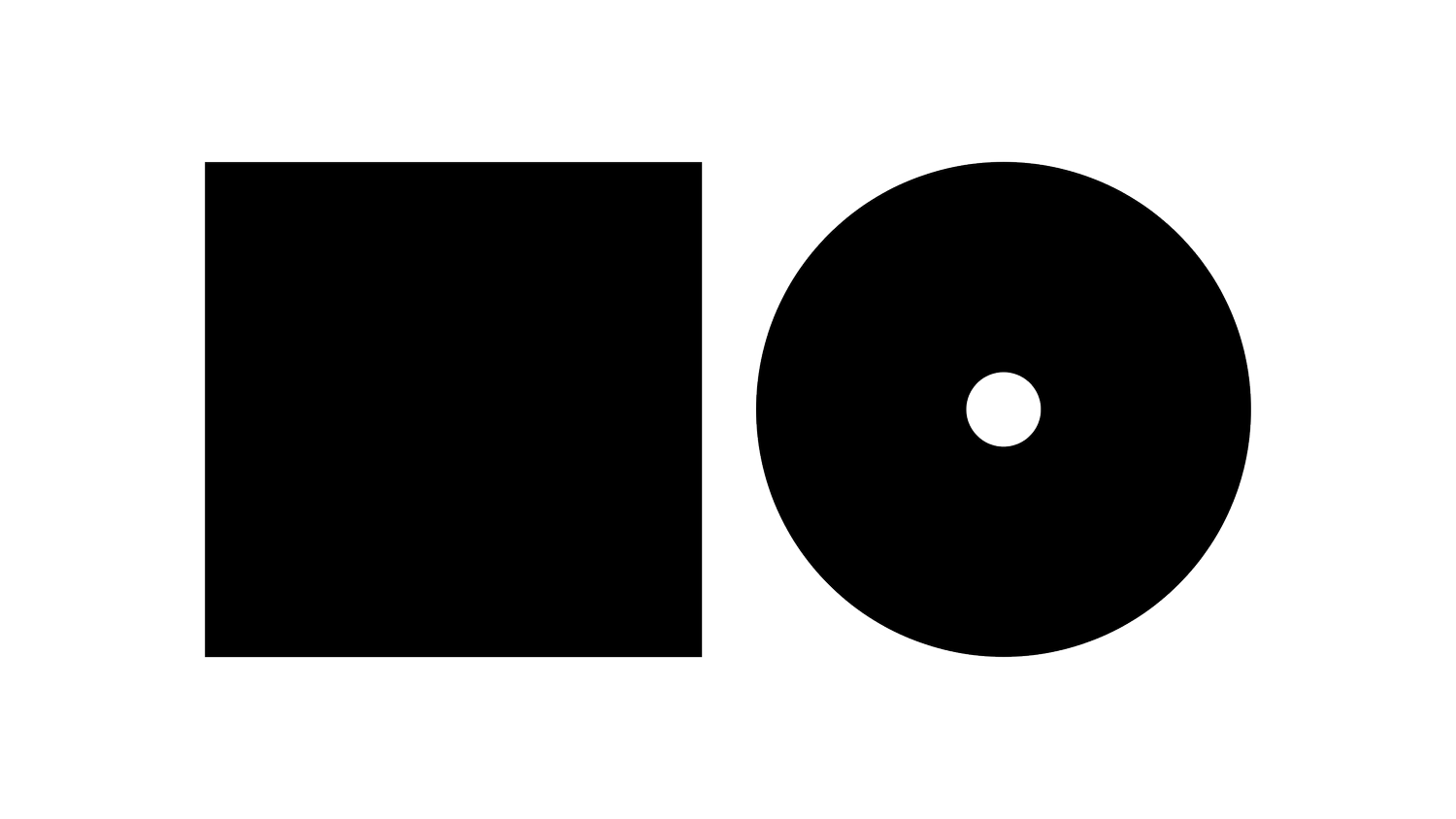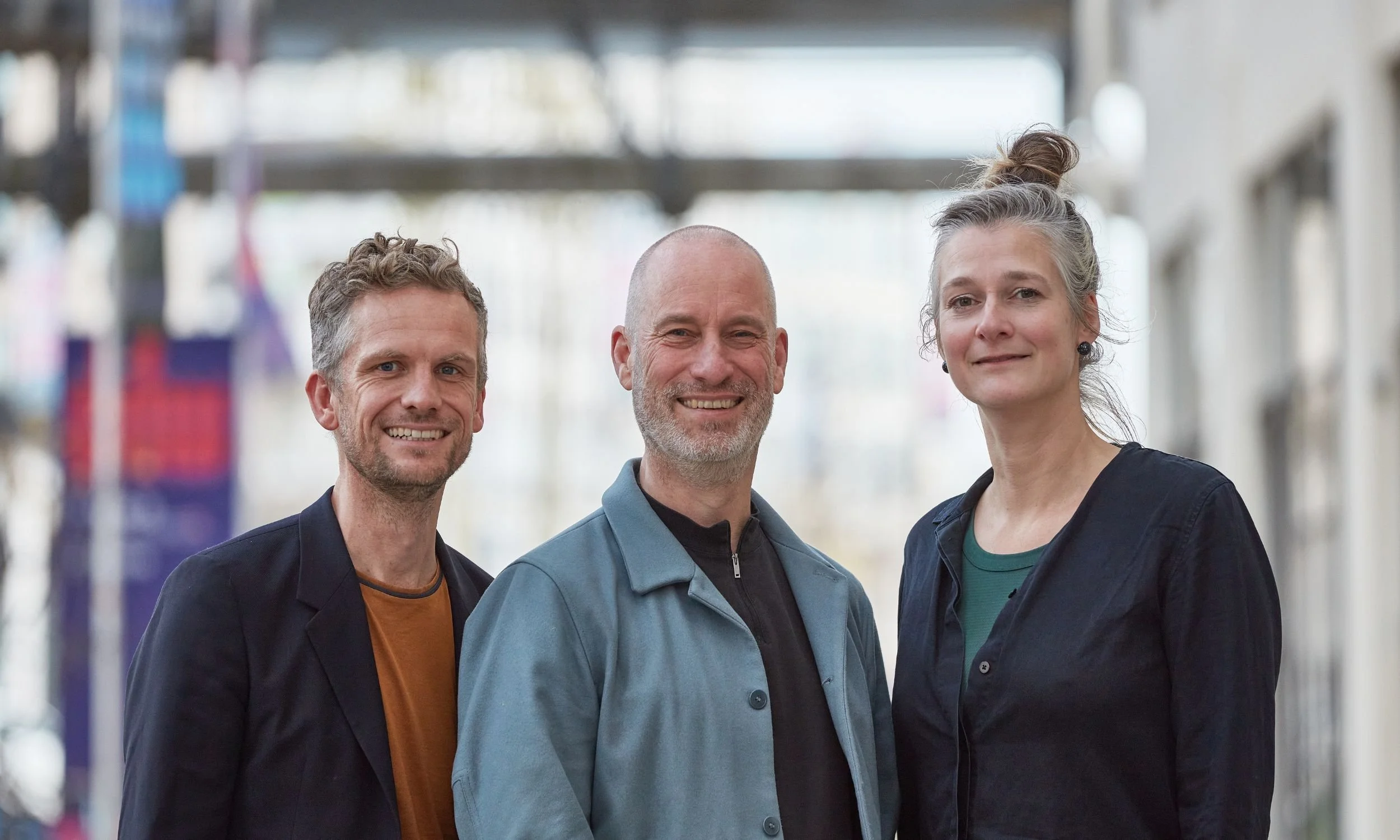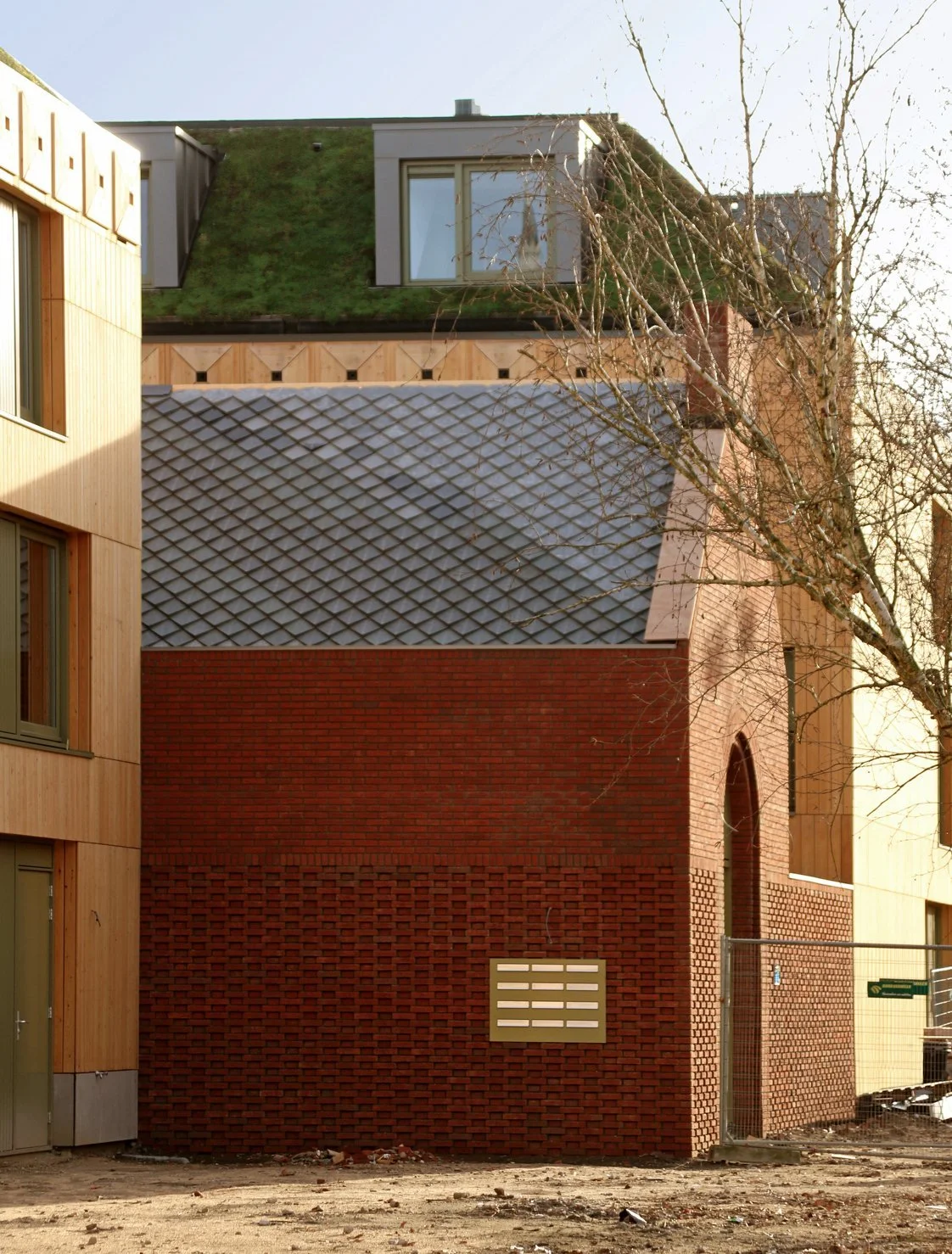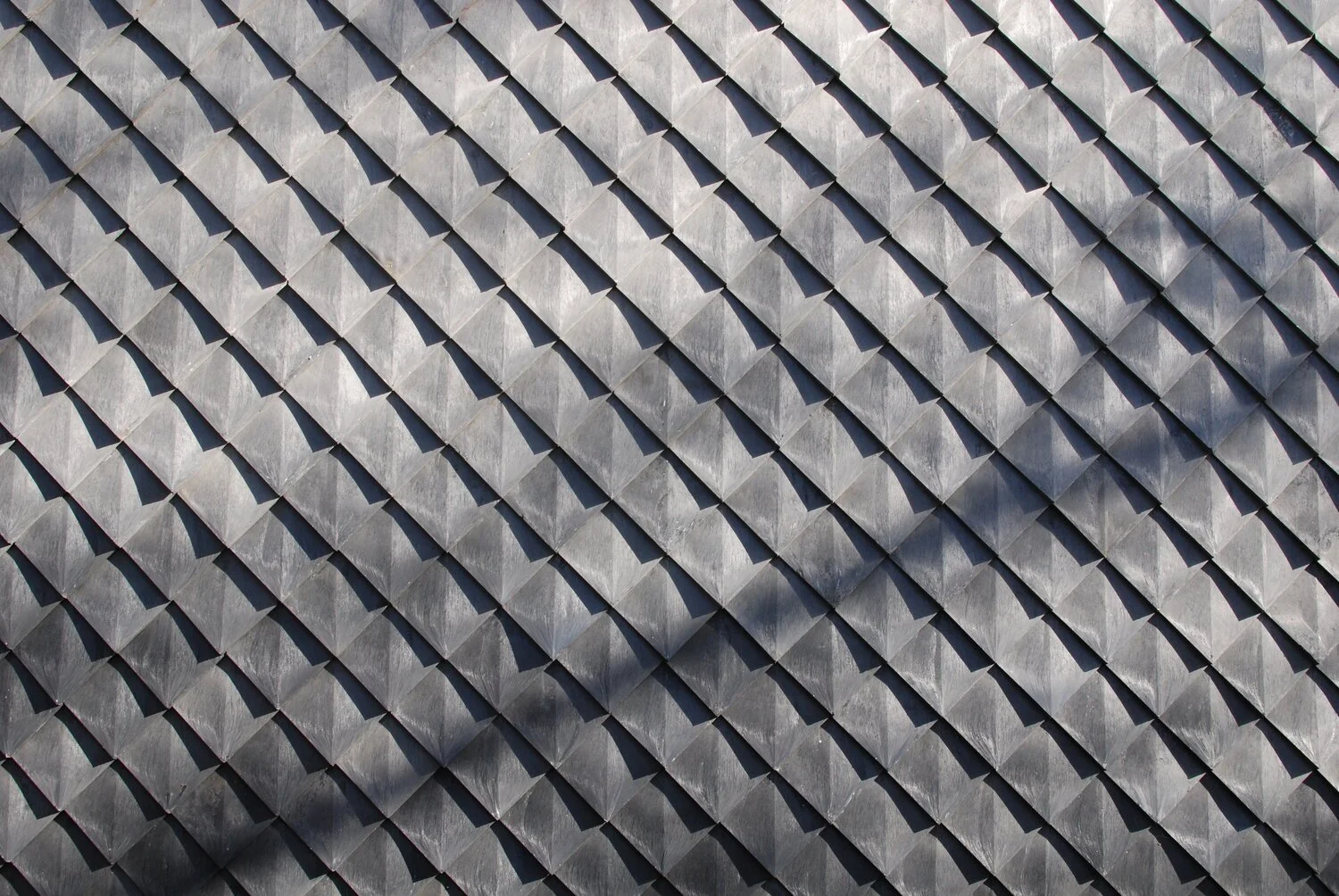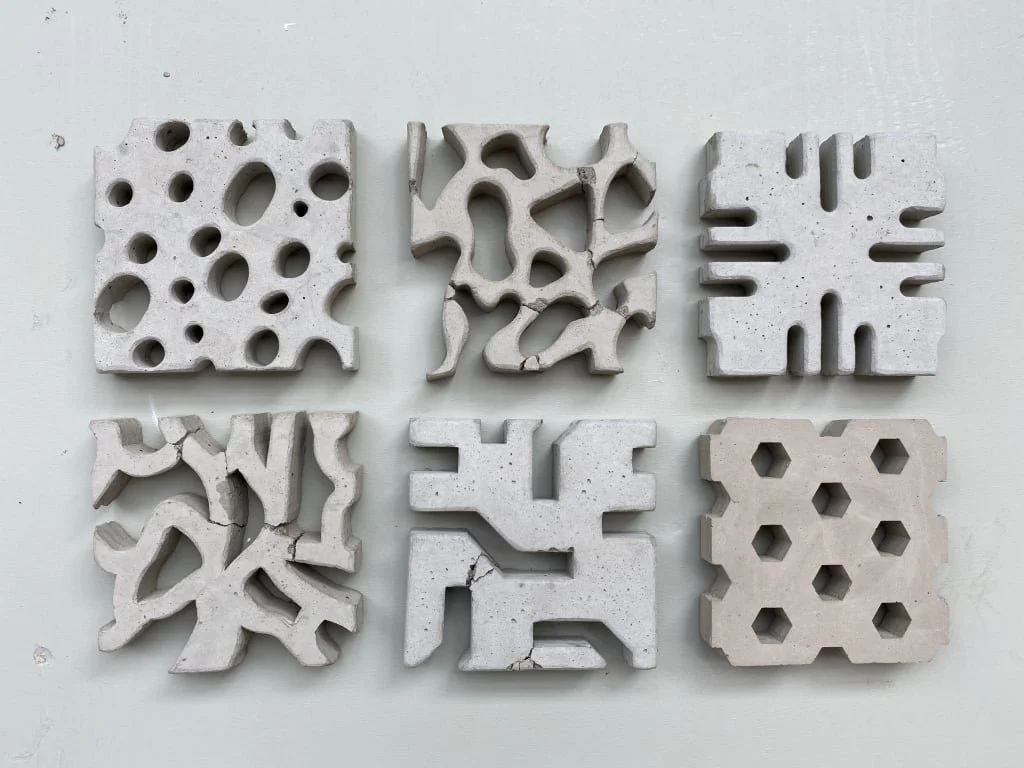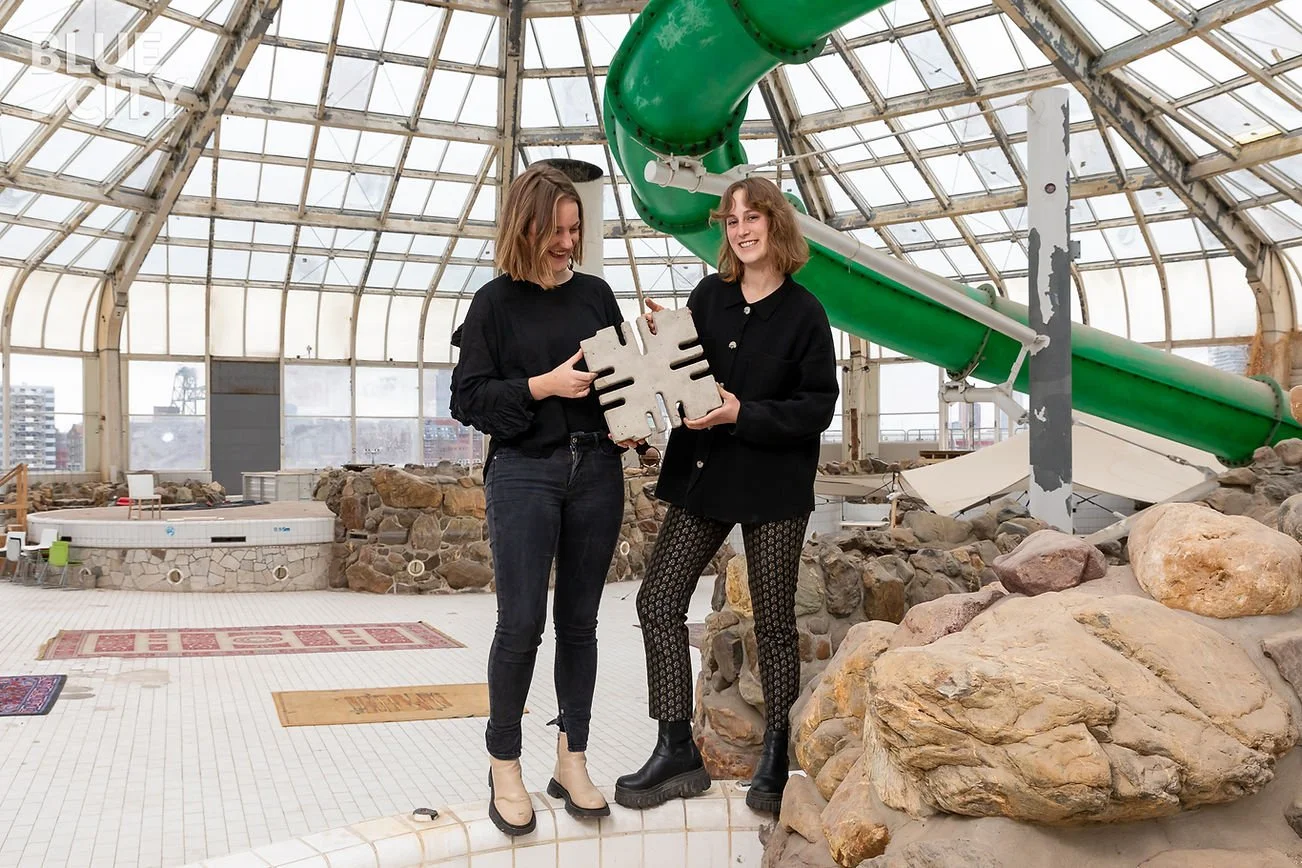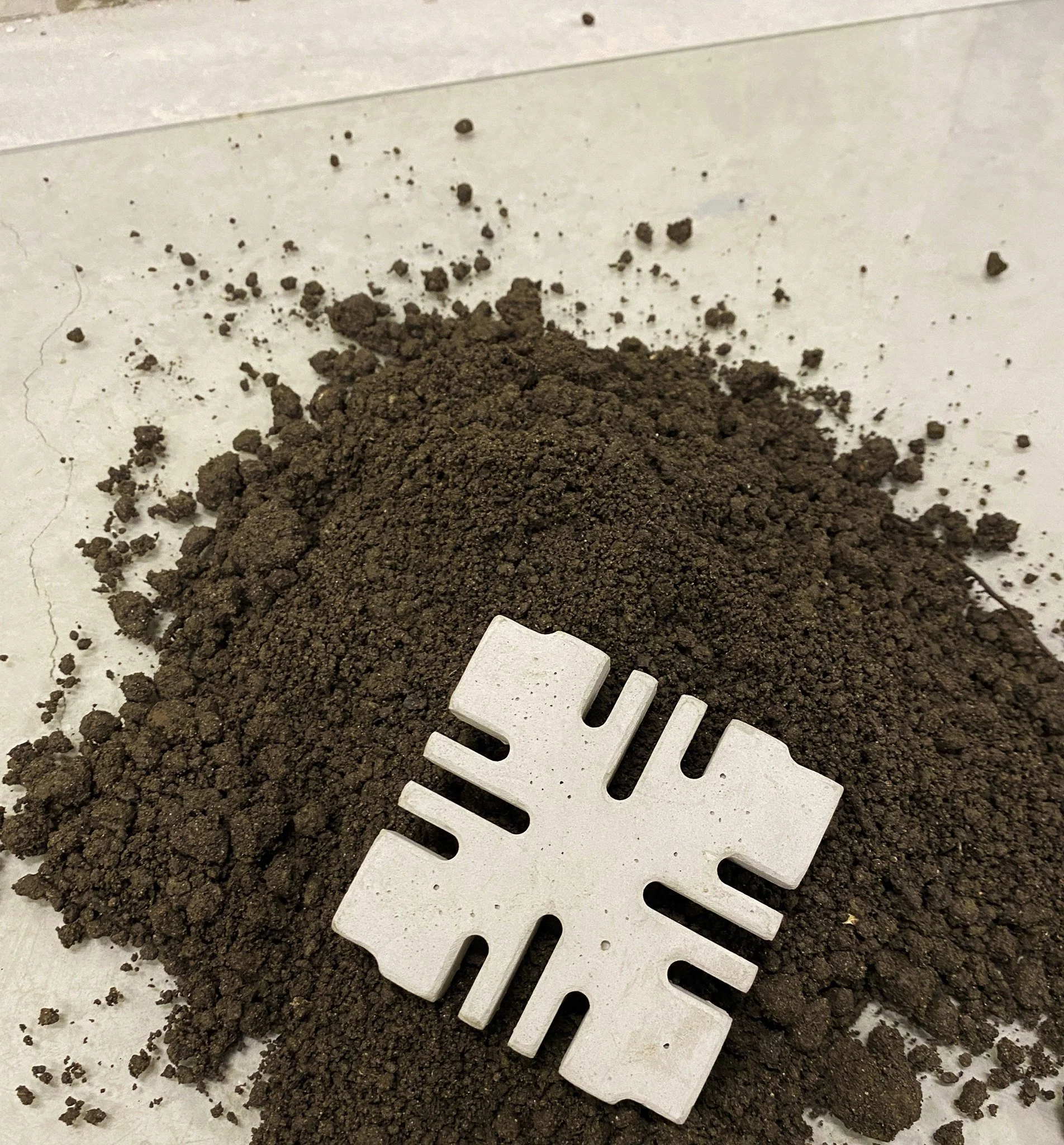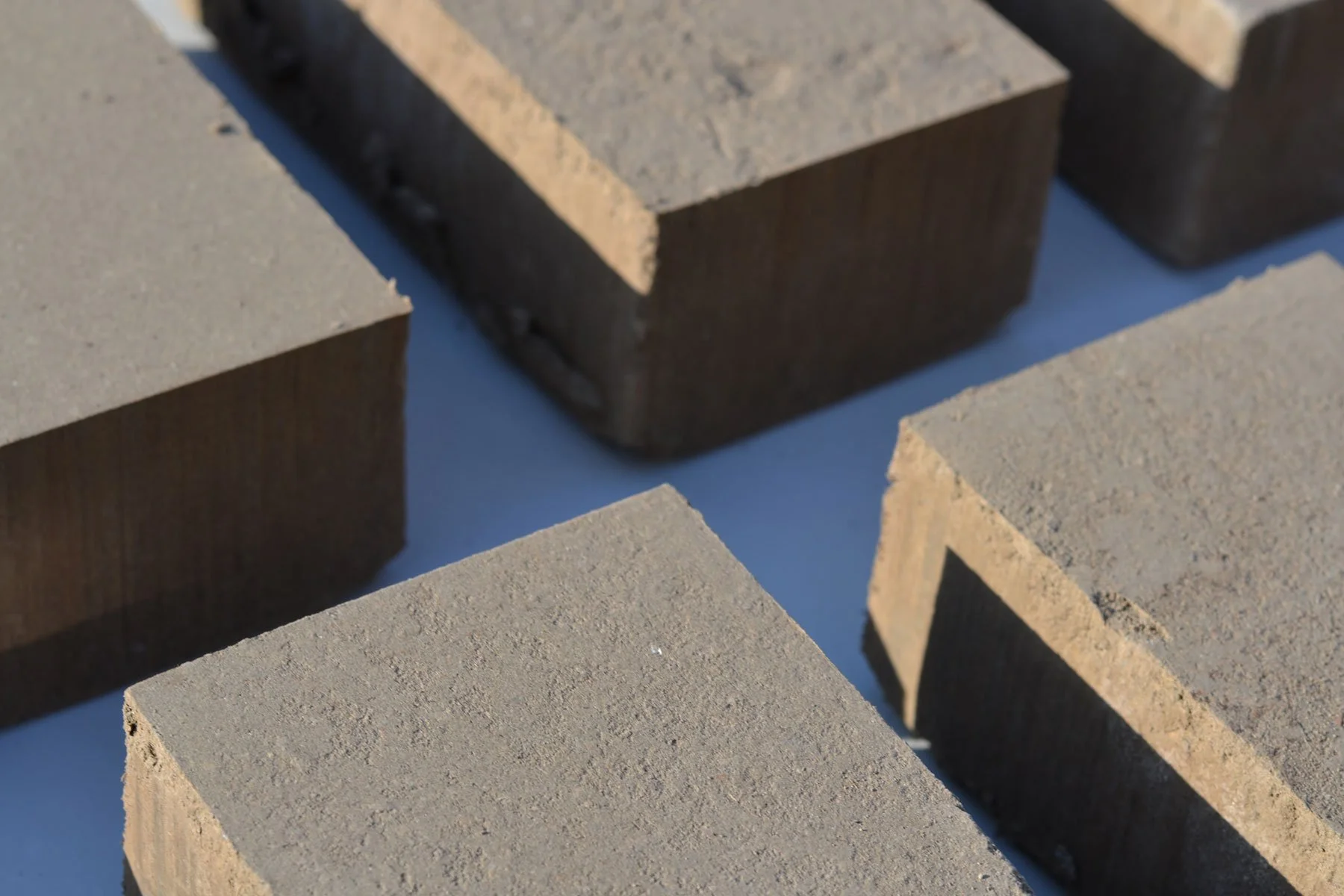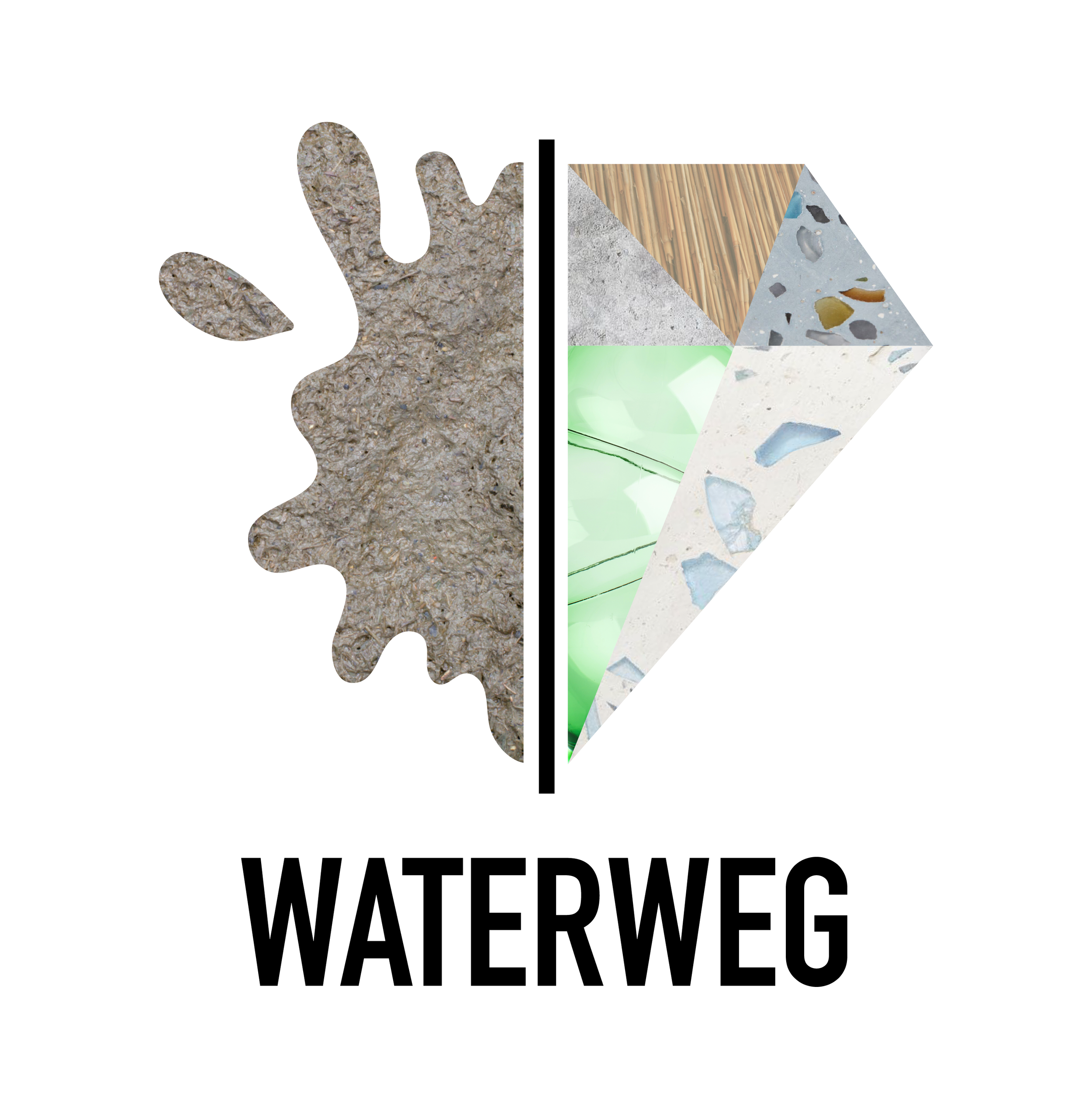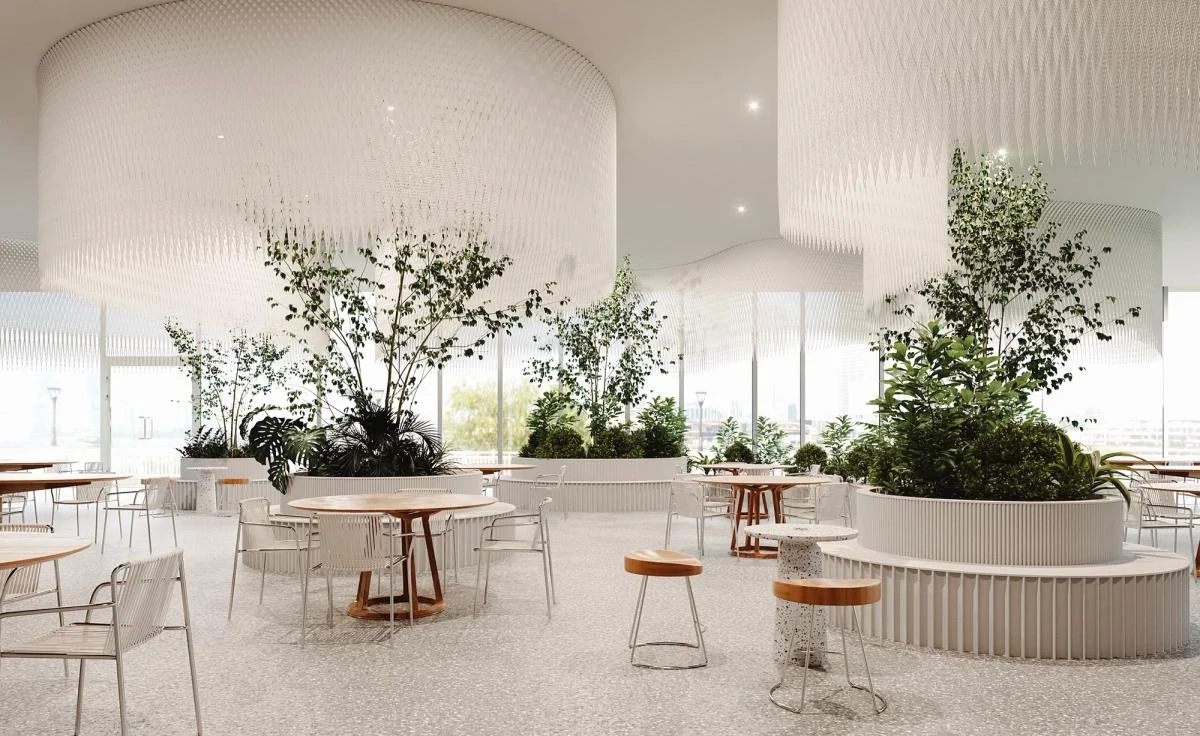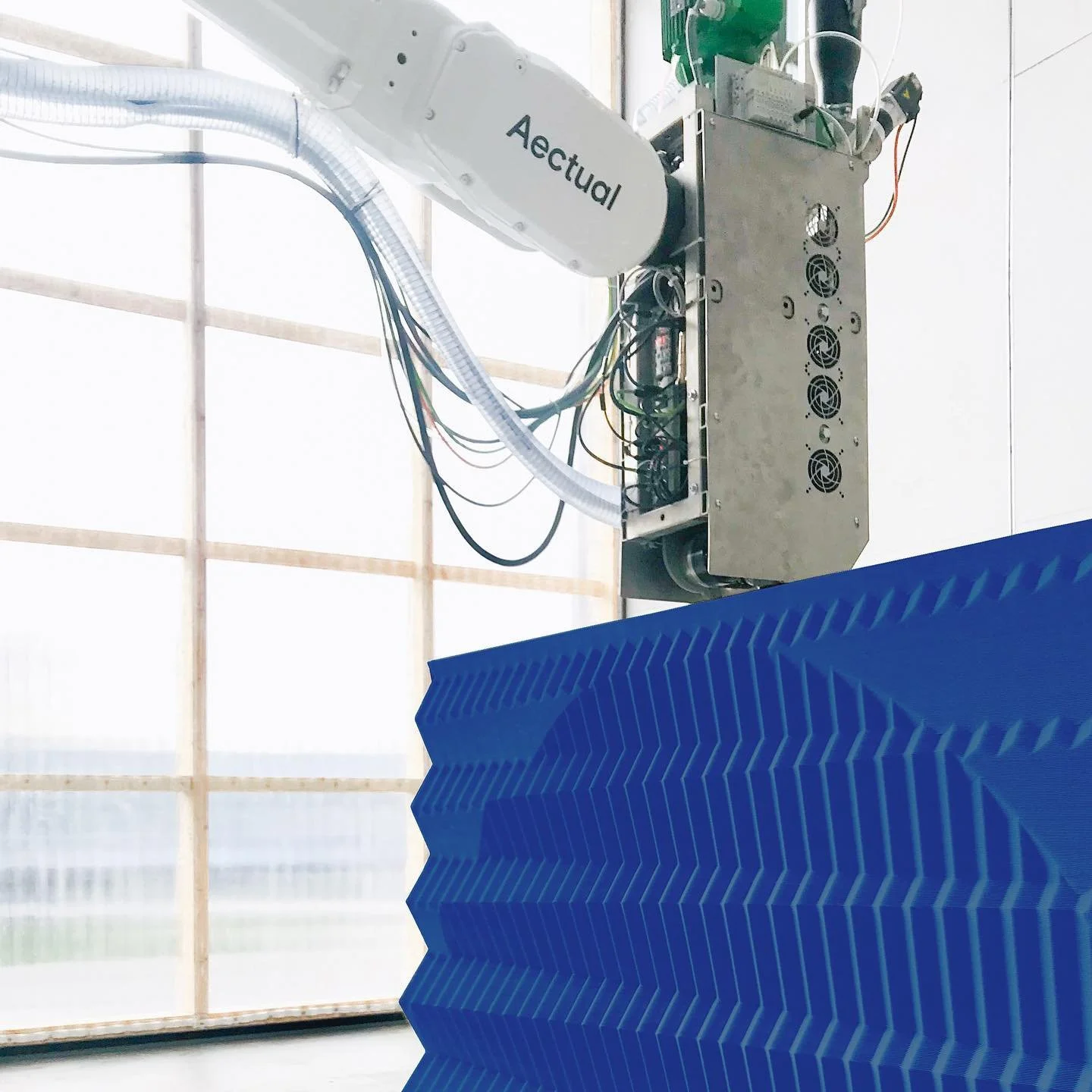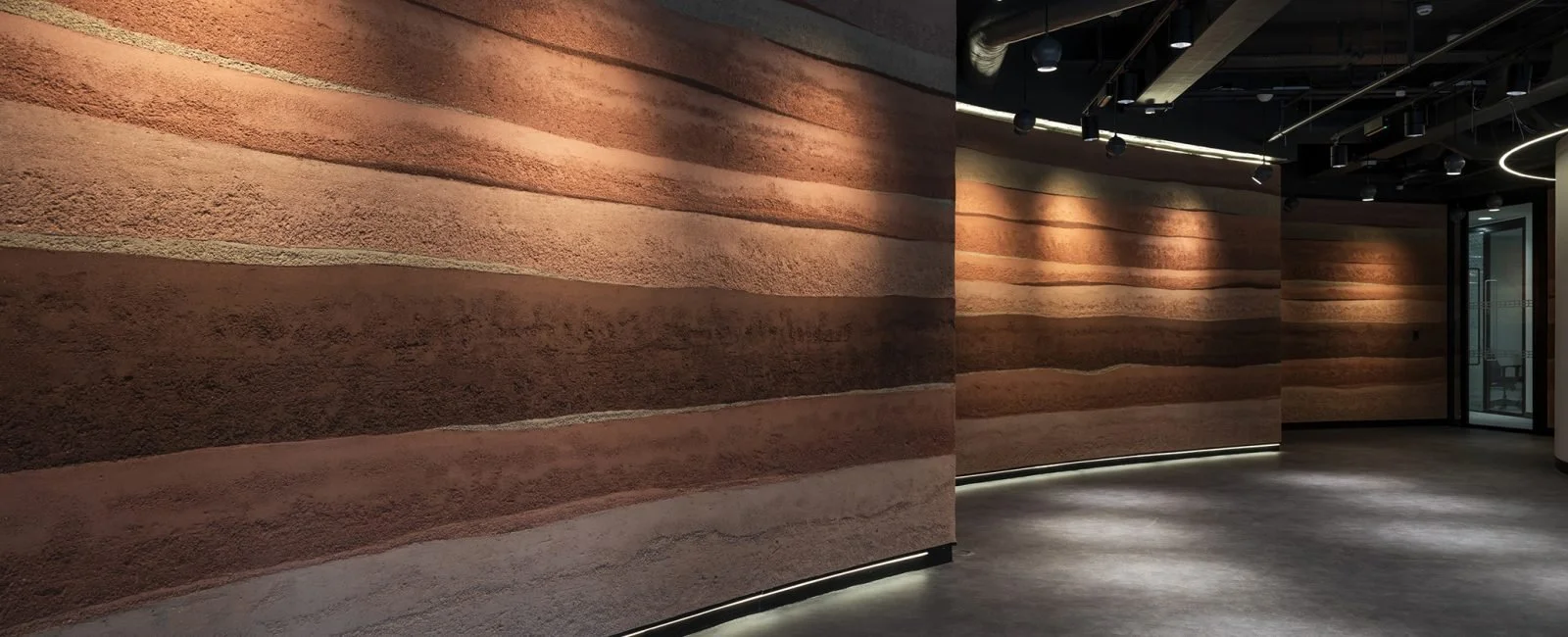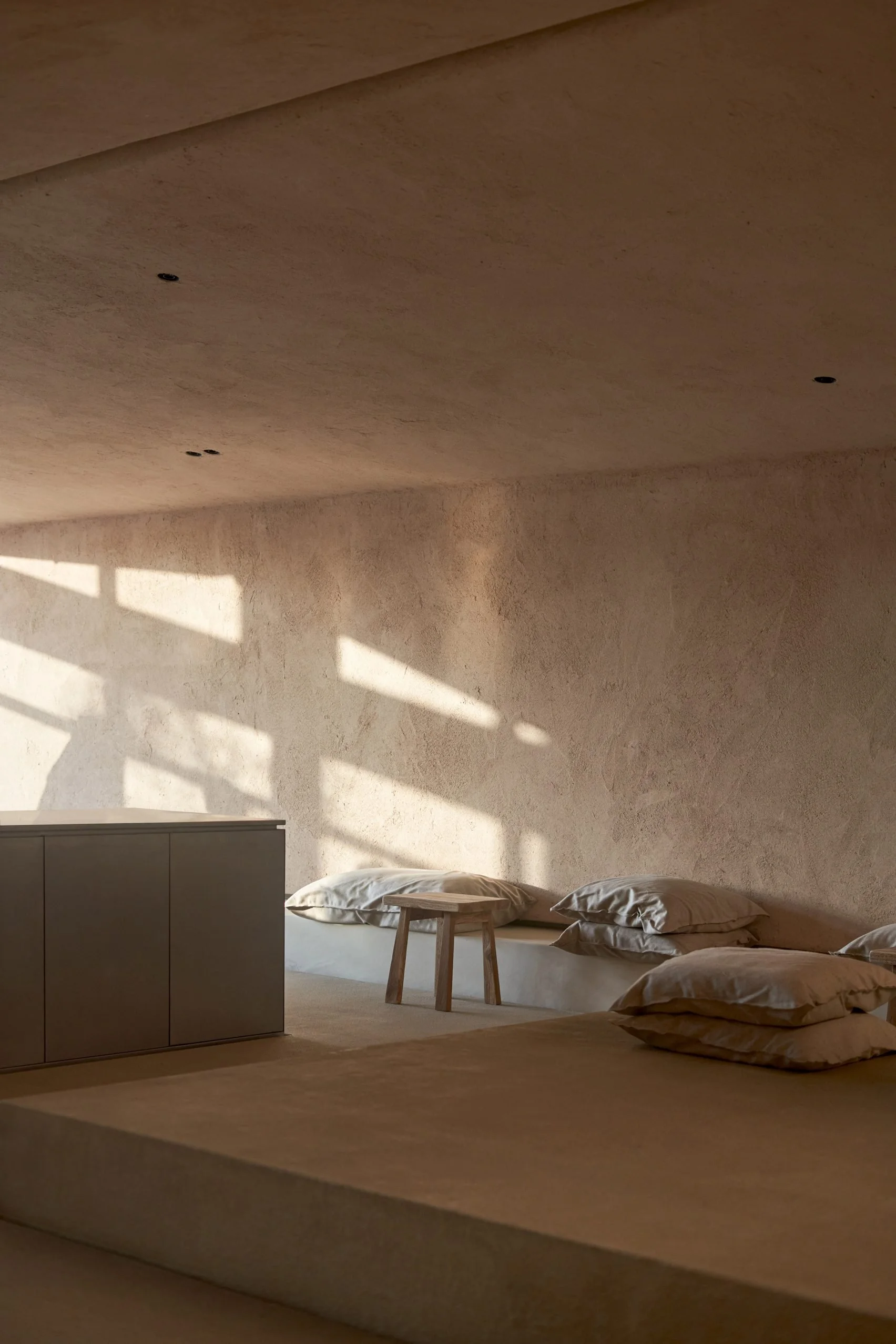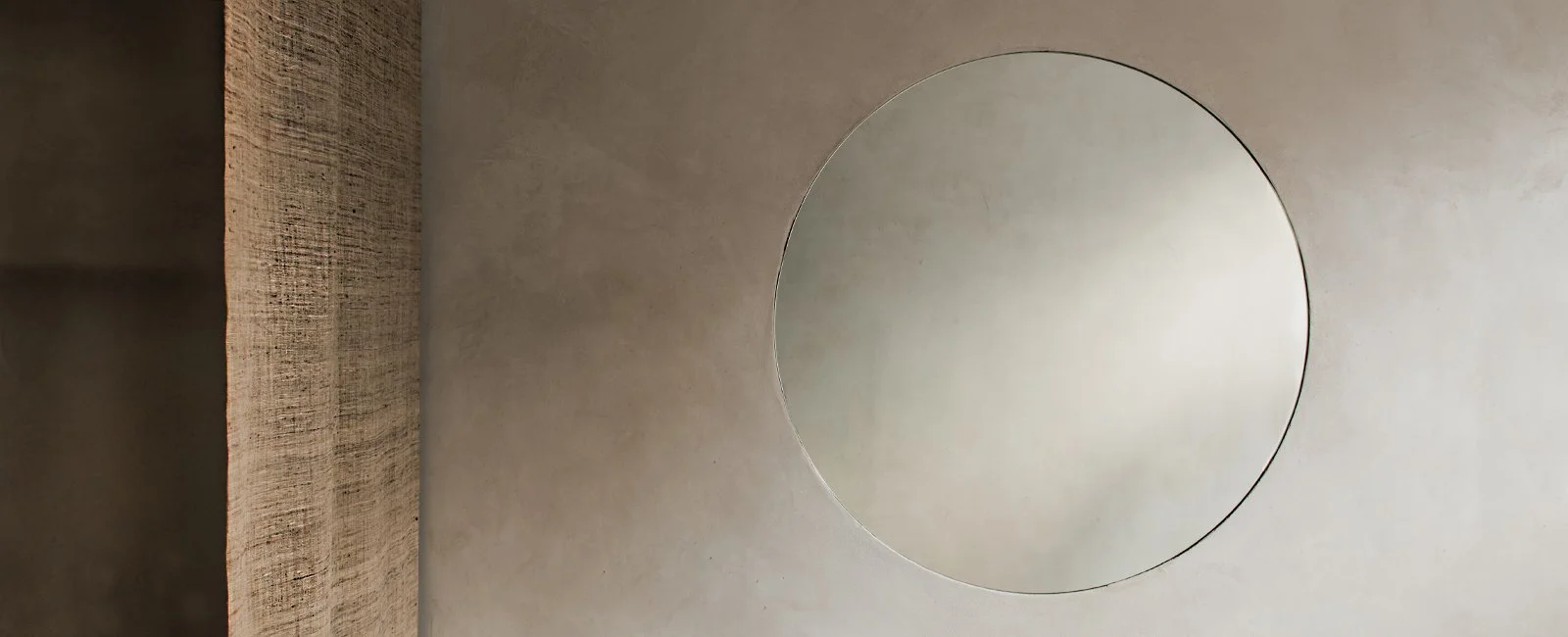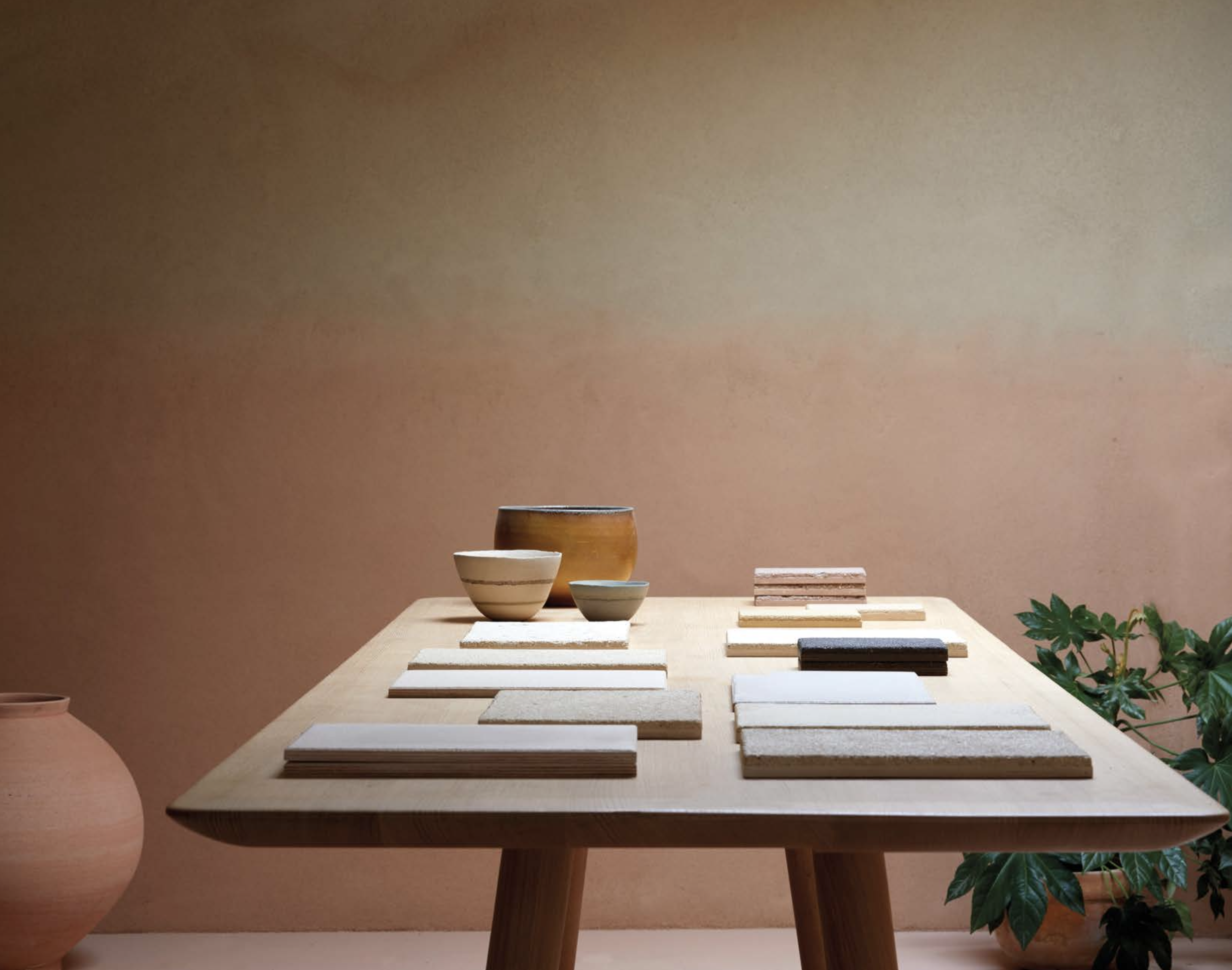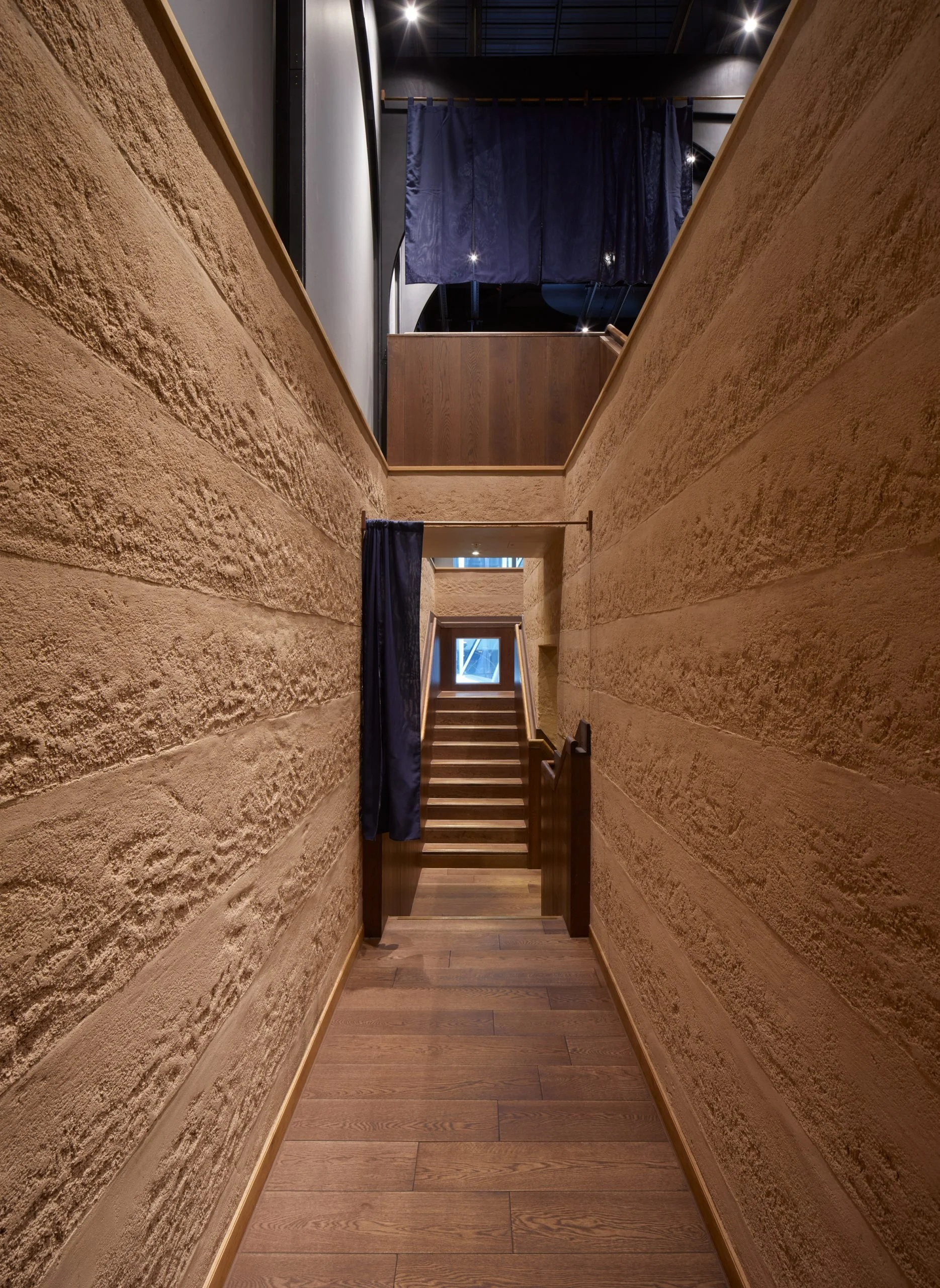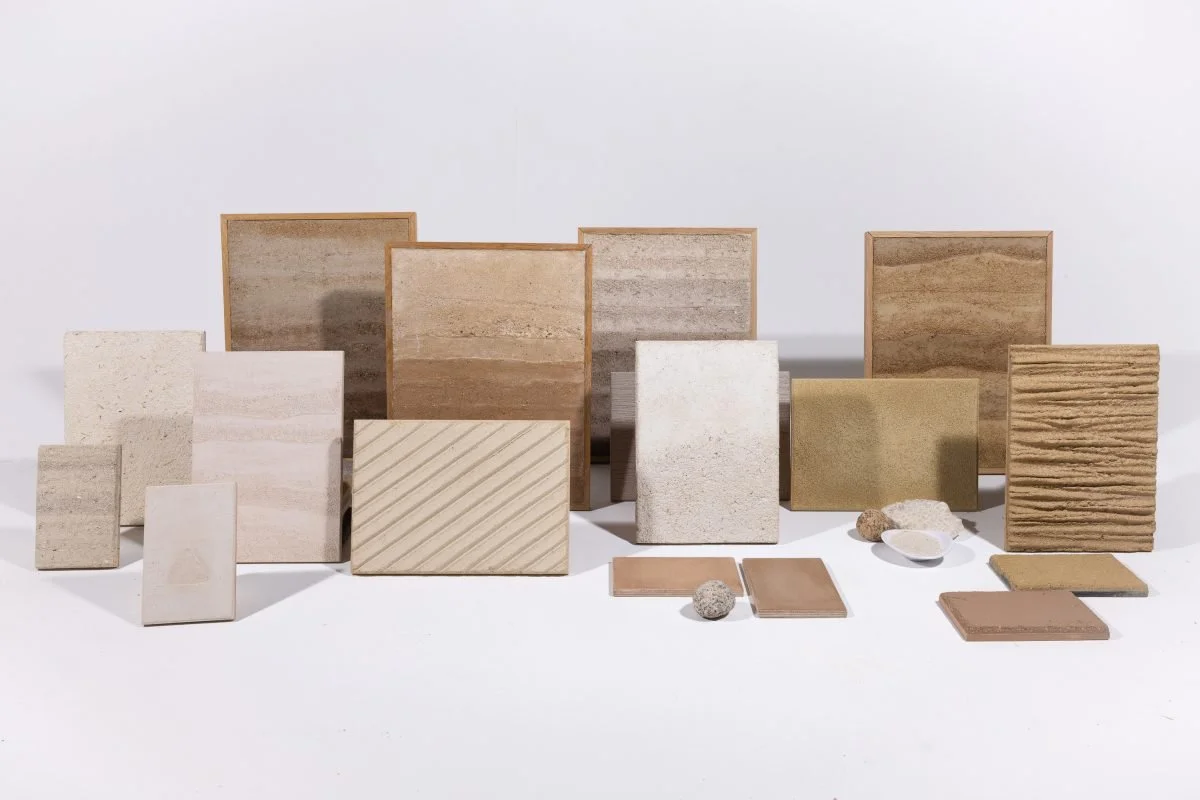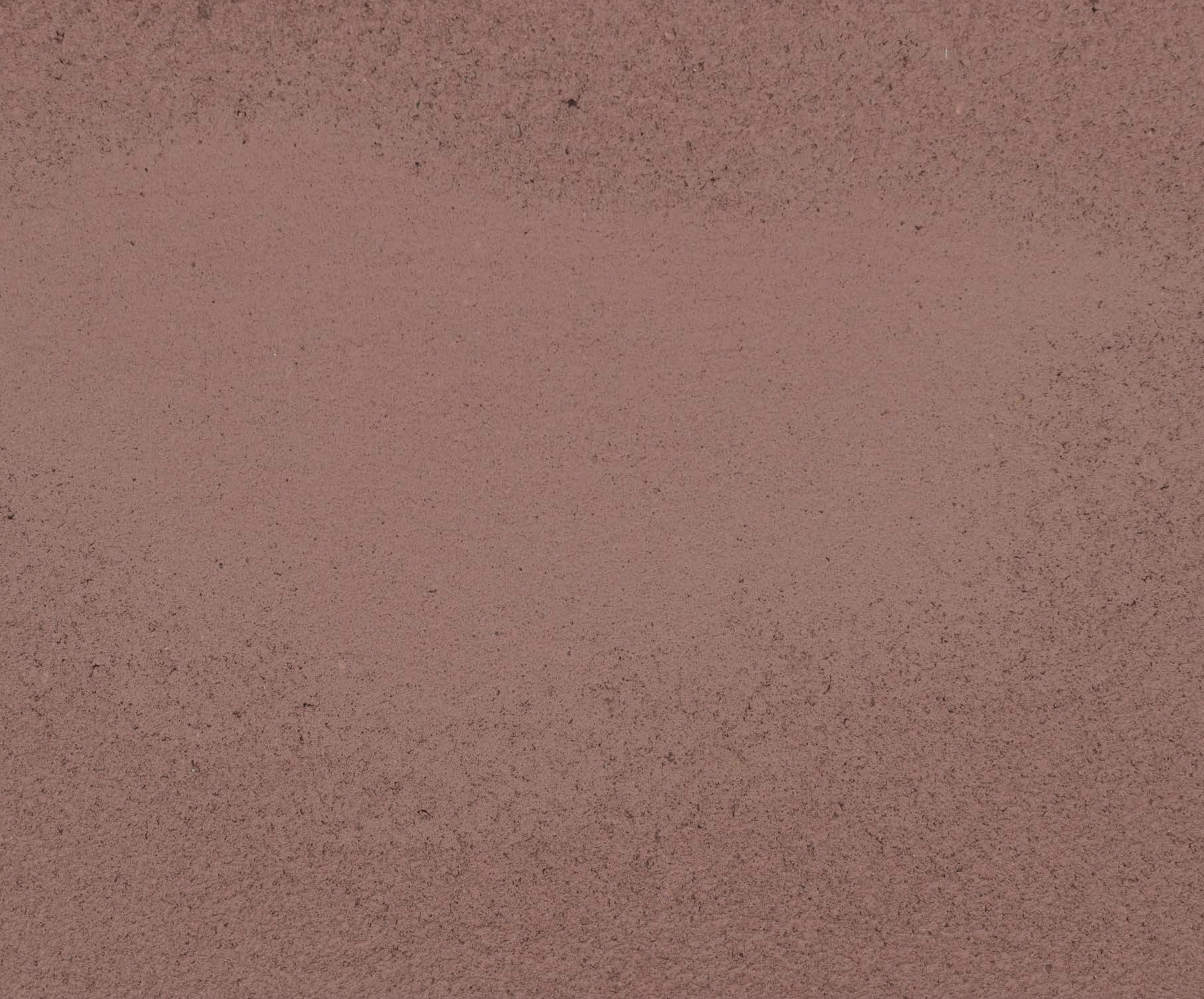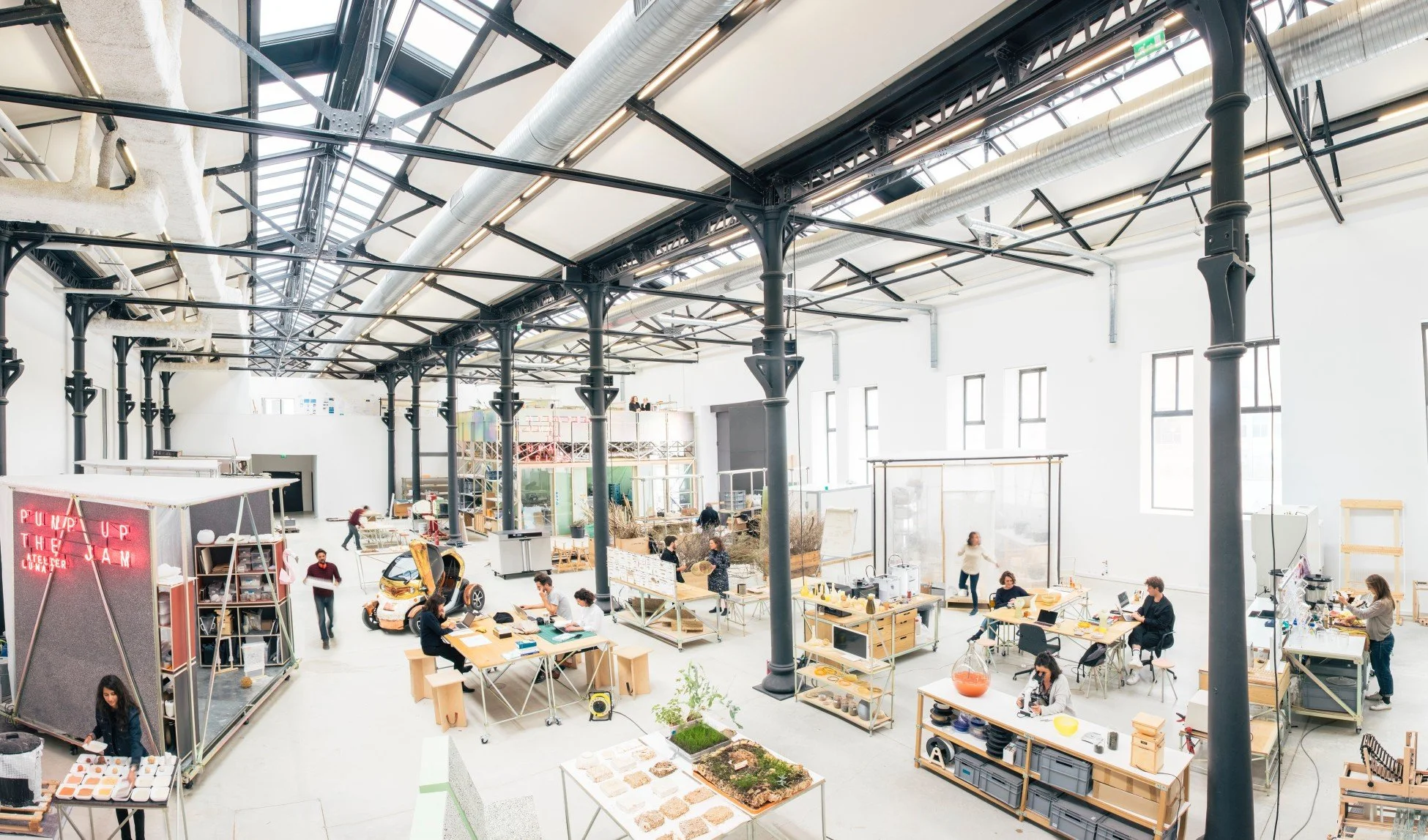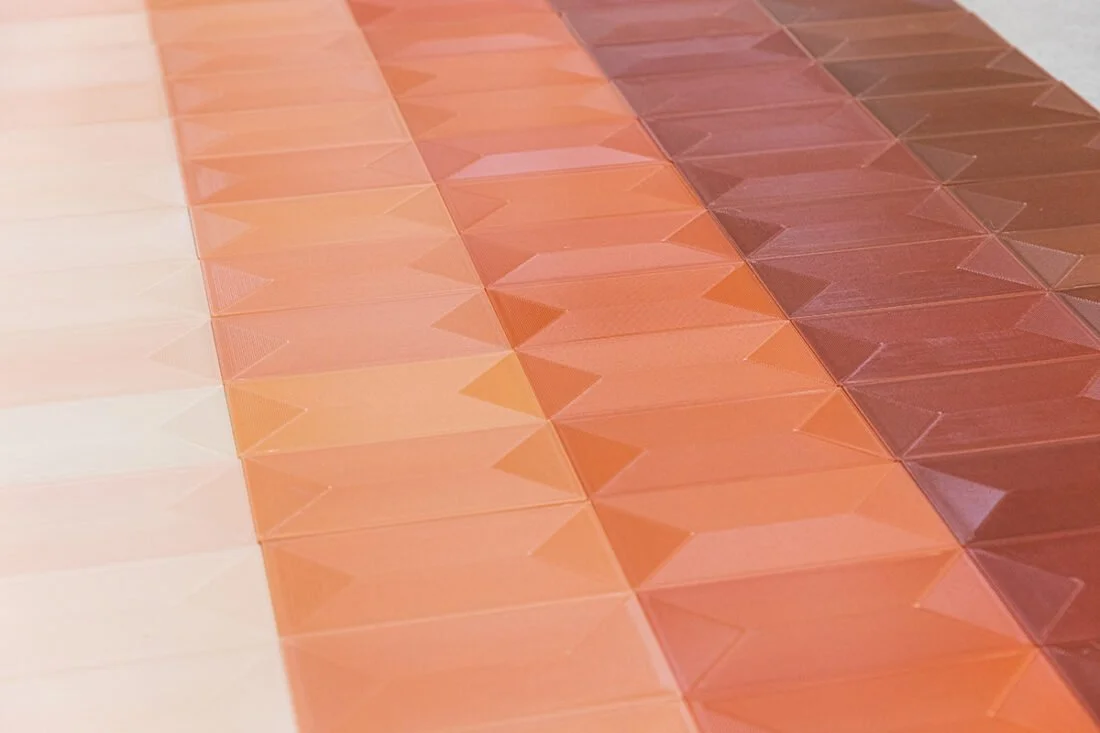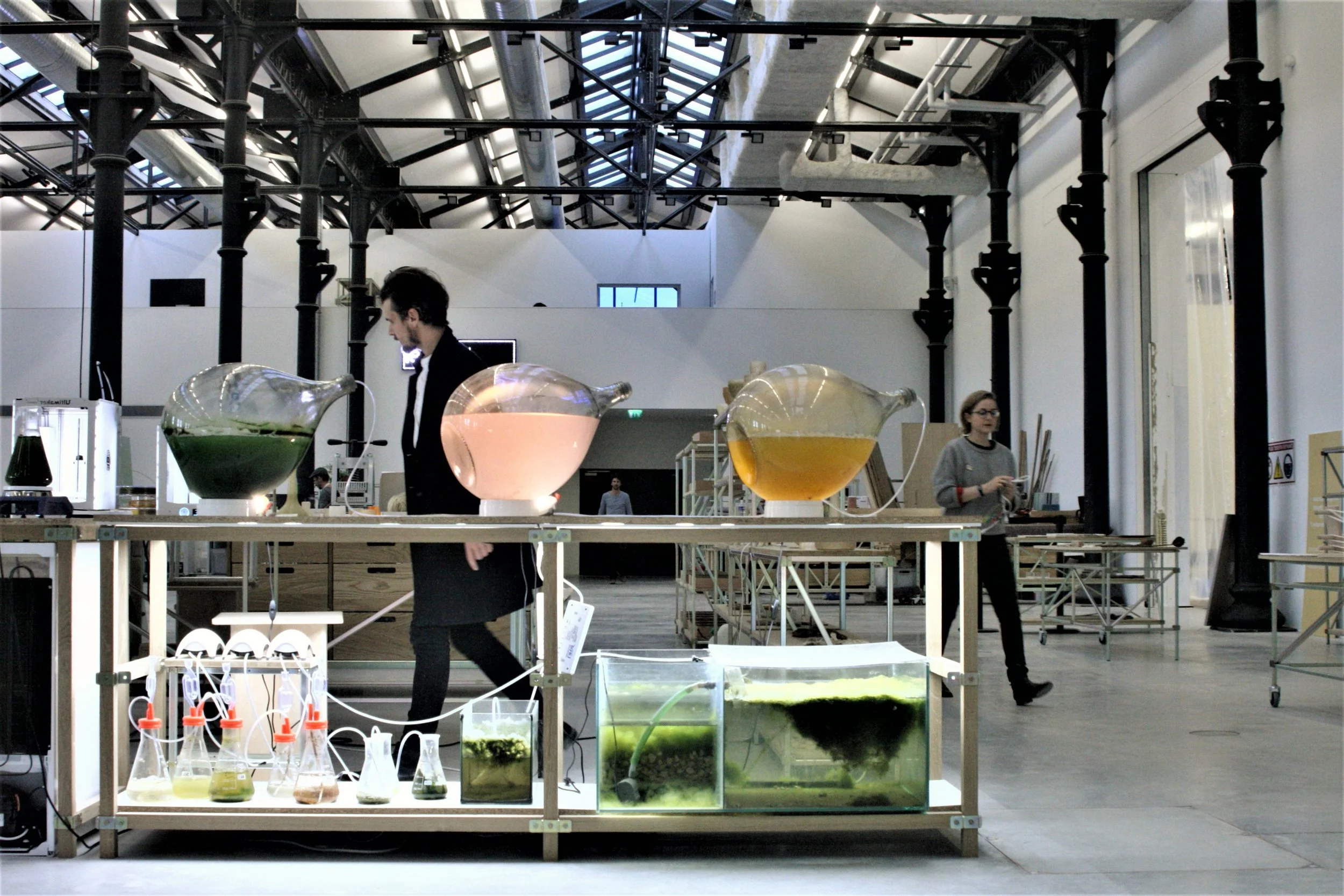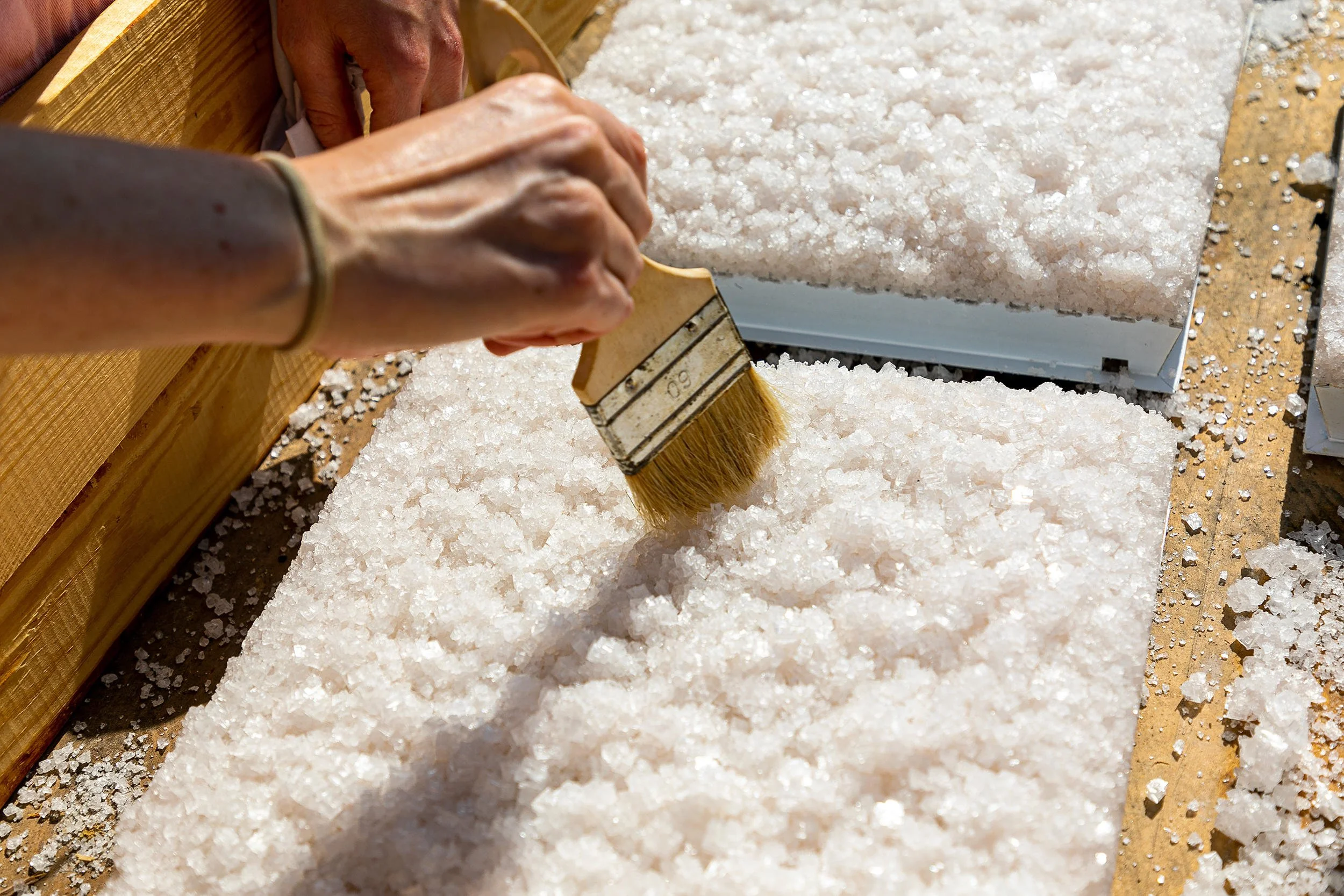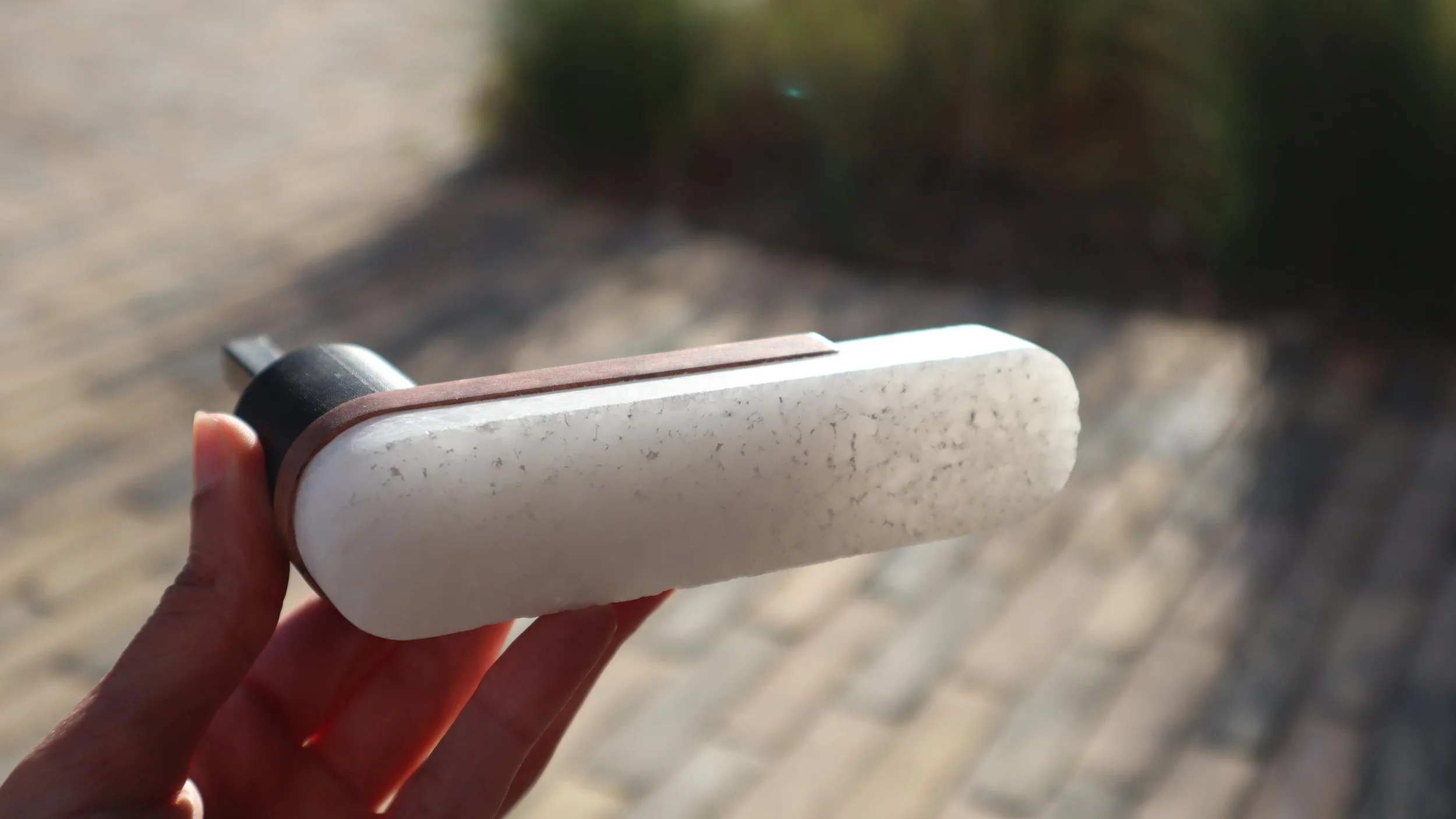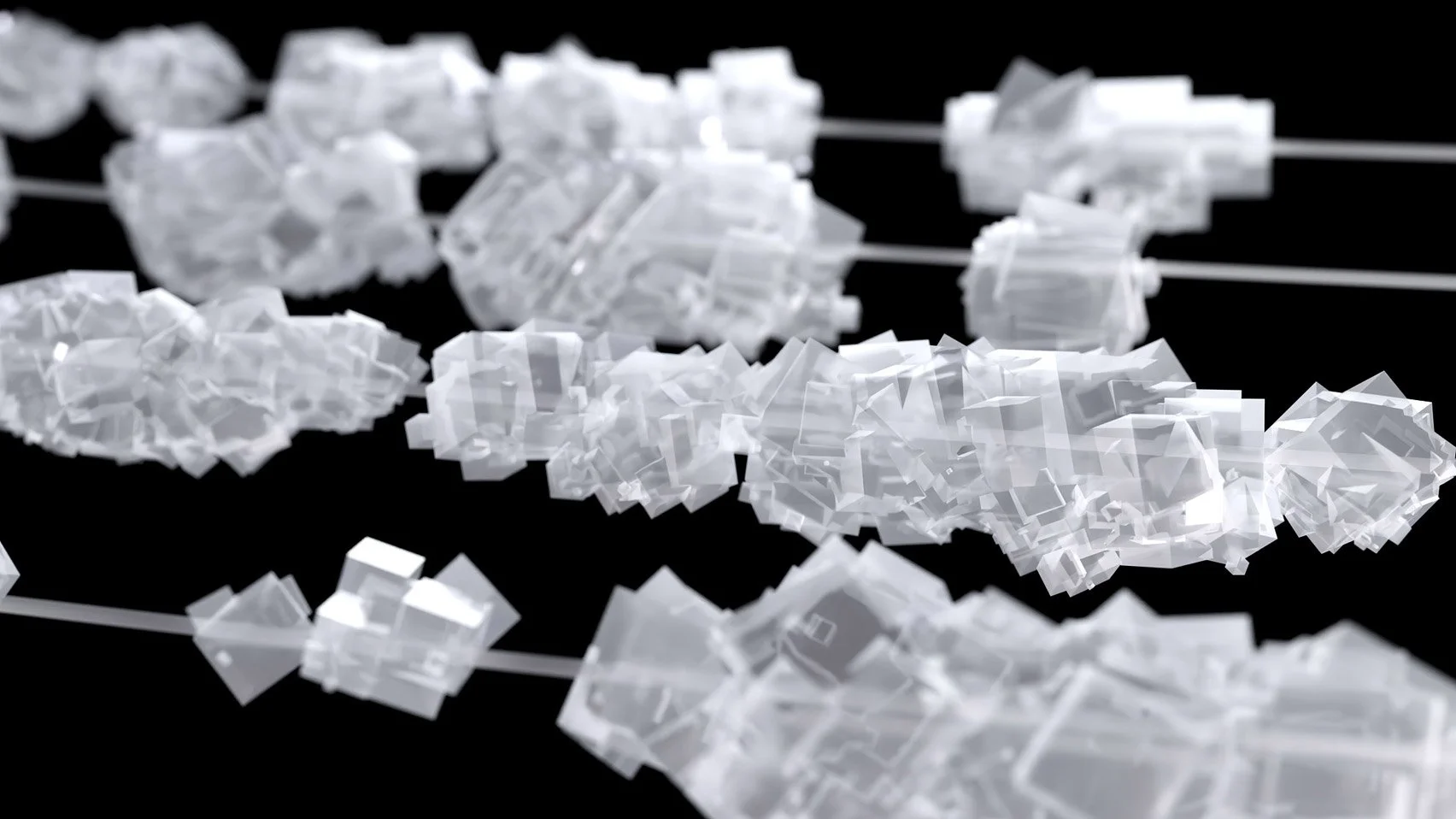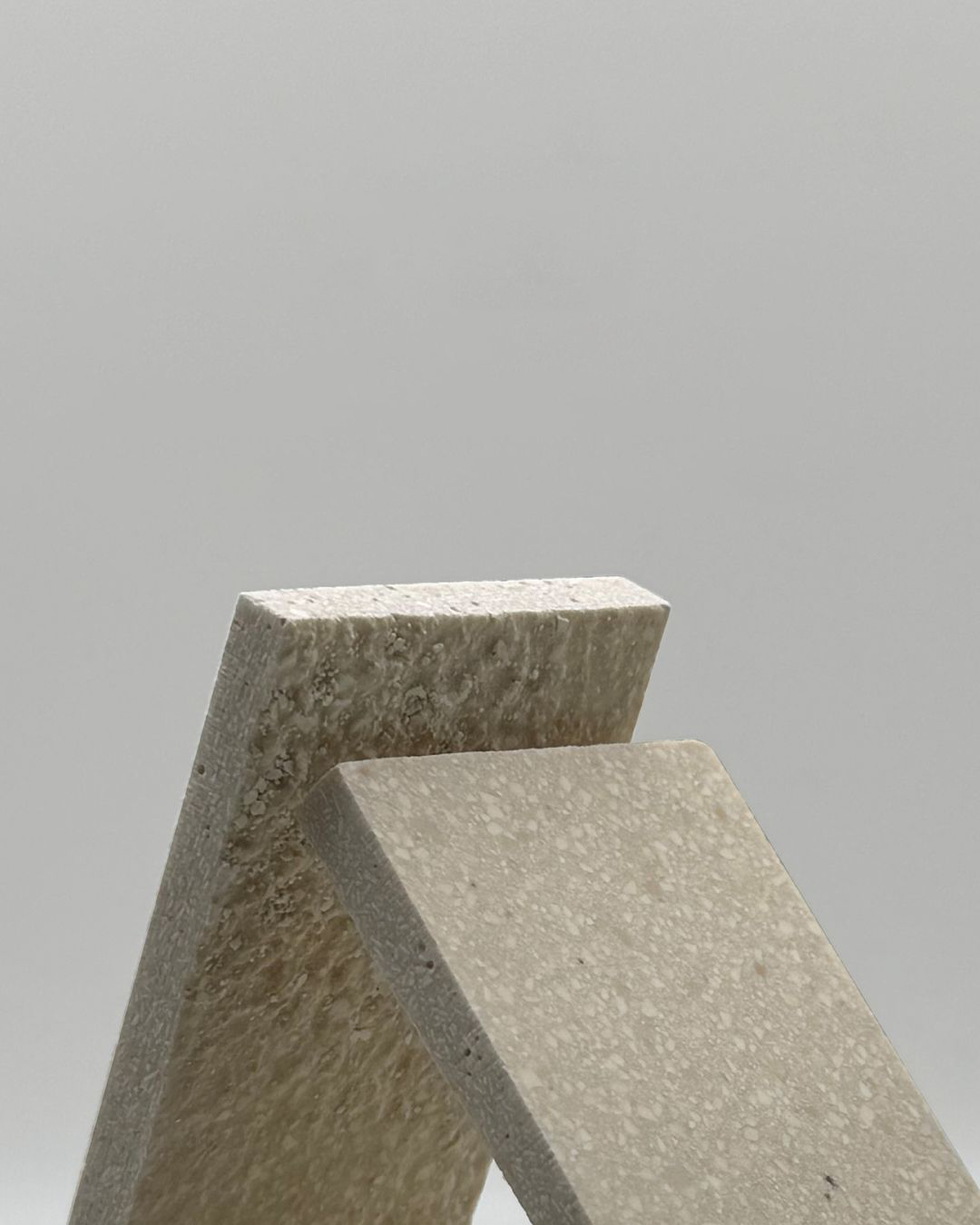 Image 1 of 13
Image 1 of 13

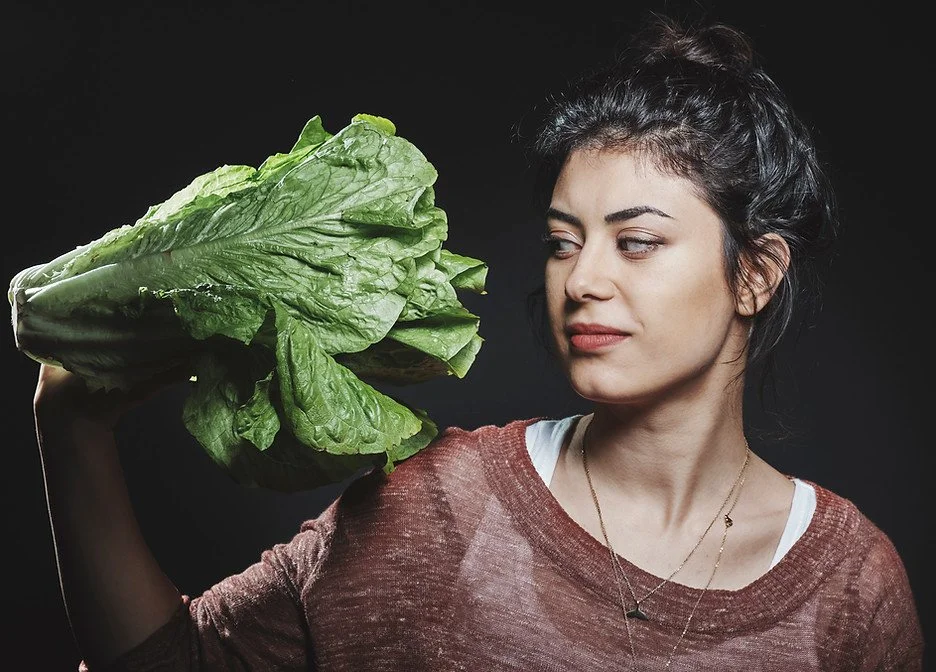 Image 2 of 13
Image 2 of 13

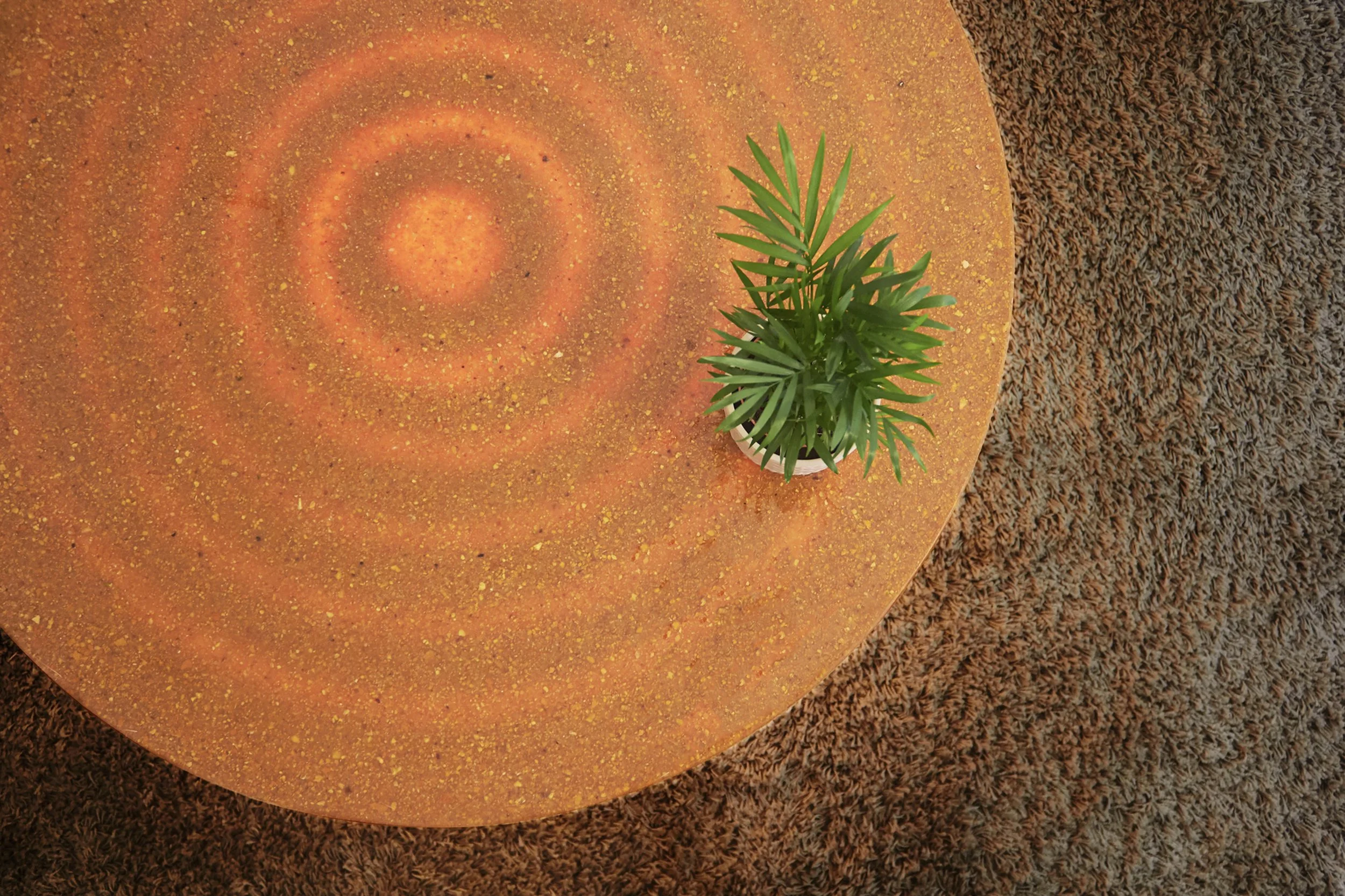 Image 3 of 13
Image 3 of 13

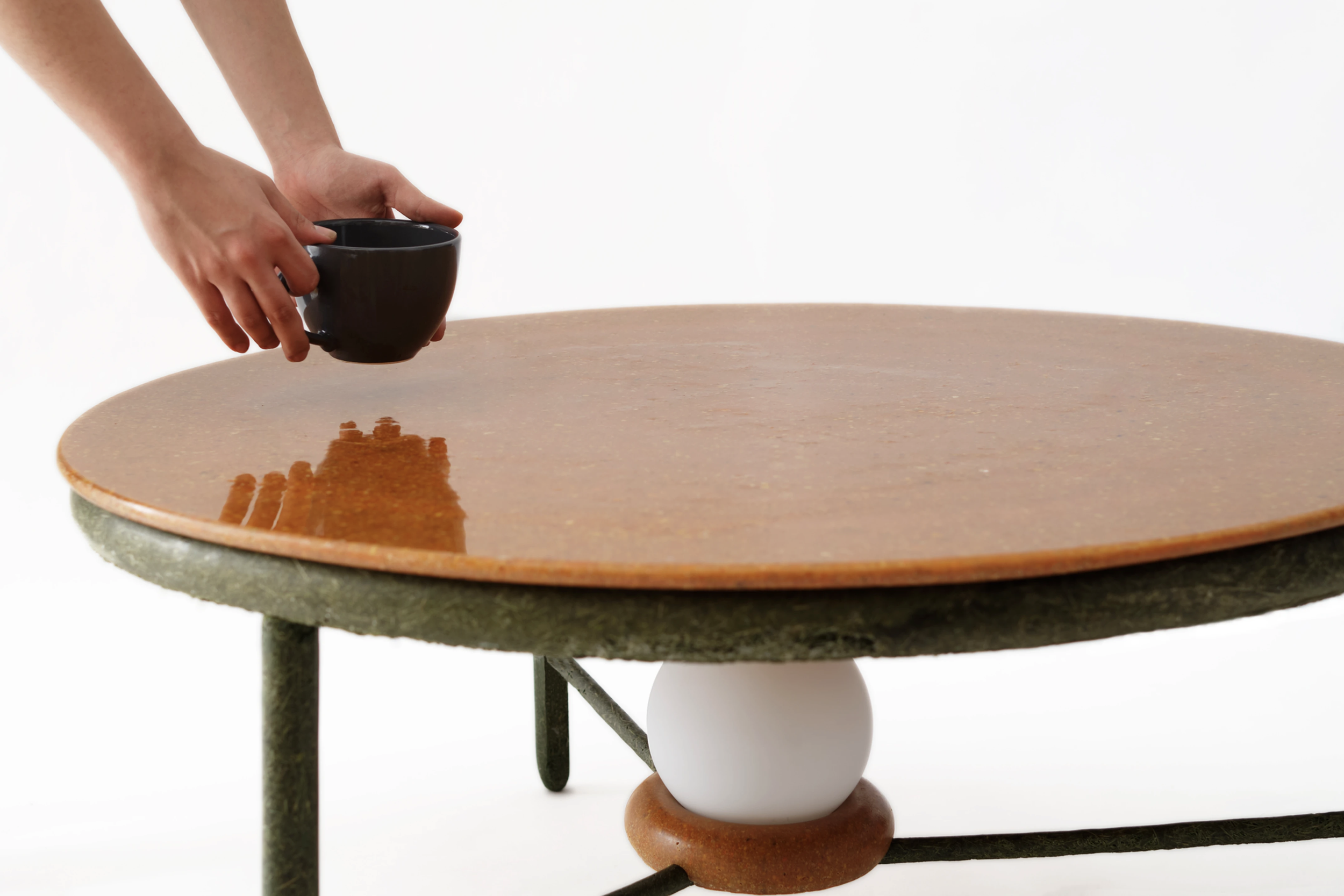 Image 4 of 13
Image 4 of 13

 Image 5 of 13
Image 5 of 13

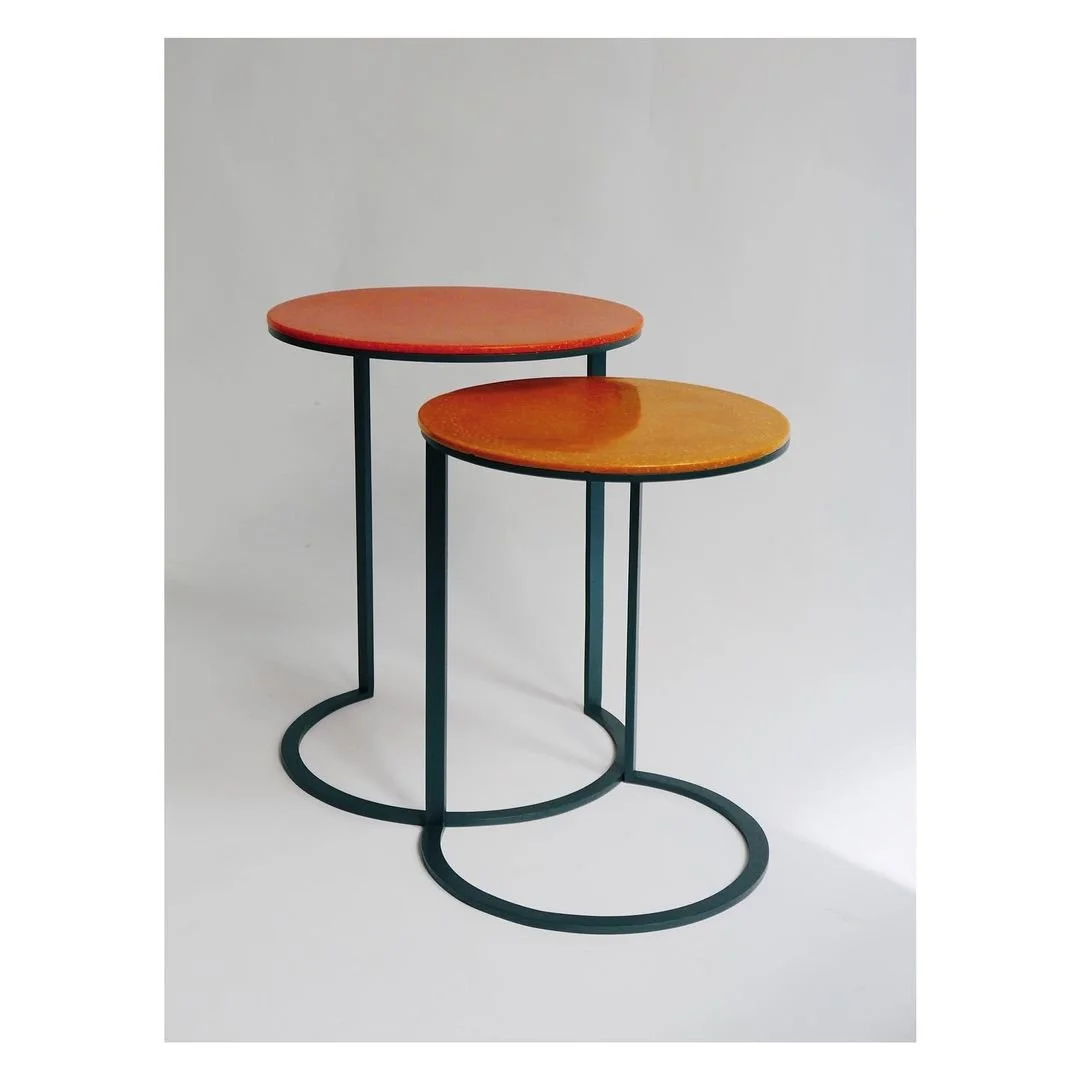 Image 6 of 13
Image 6 of 13

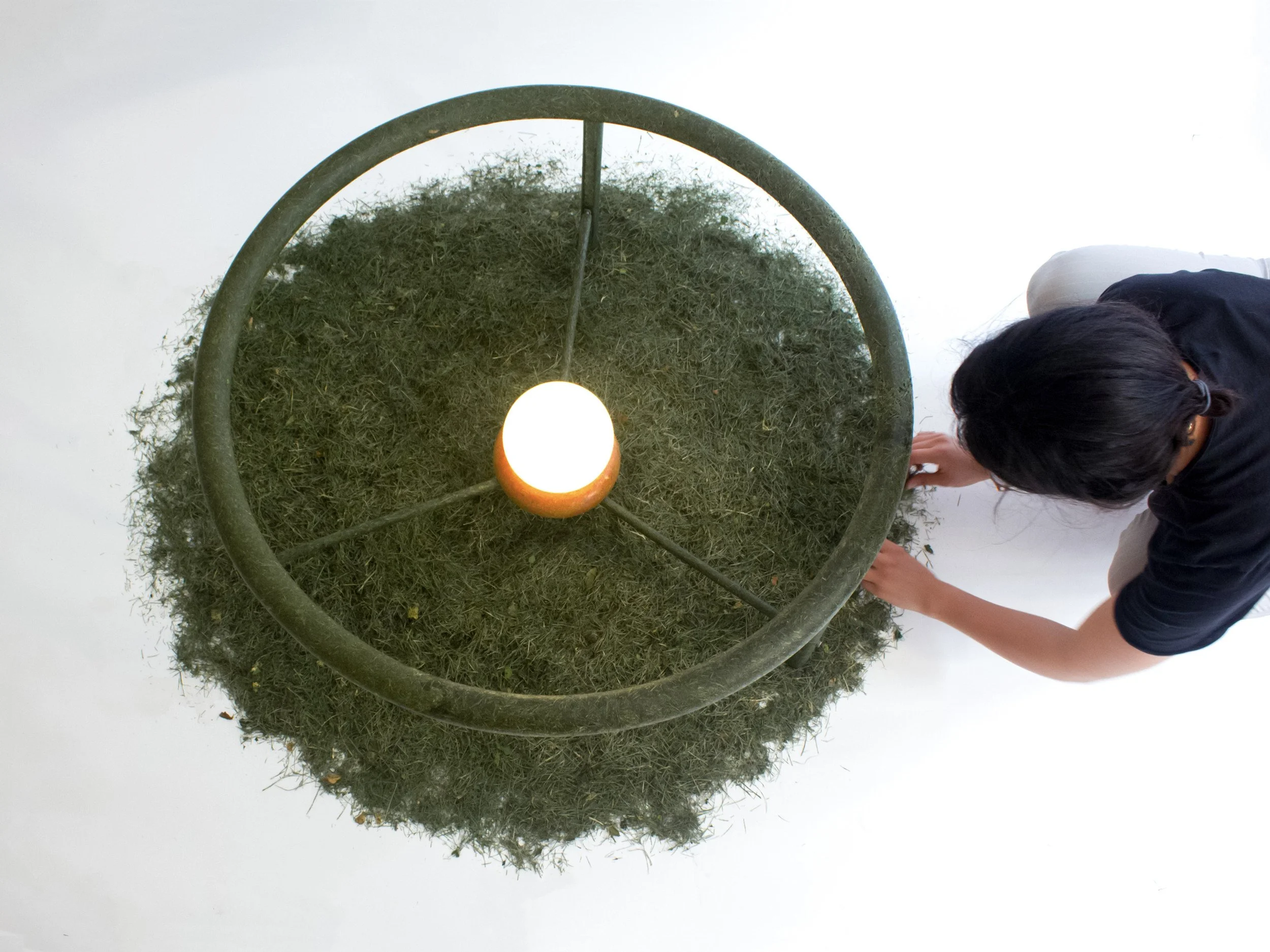 Image 7 of 13
Image 7 of 13

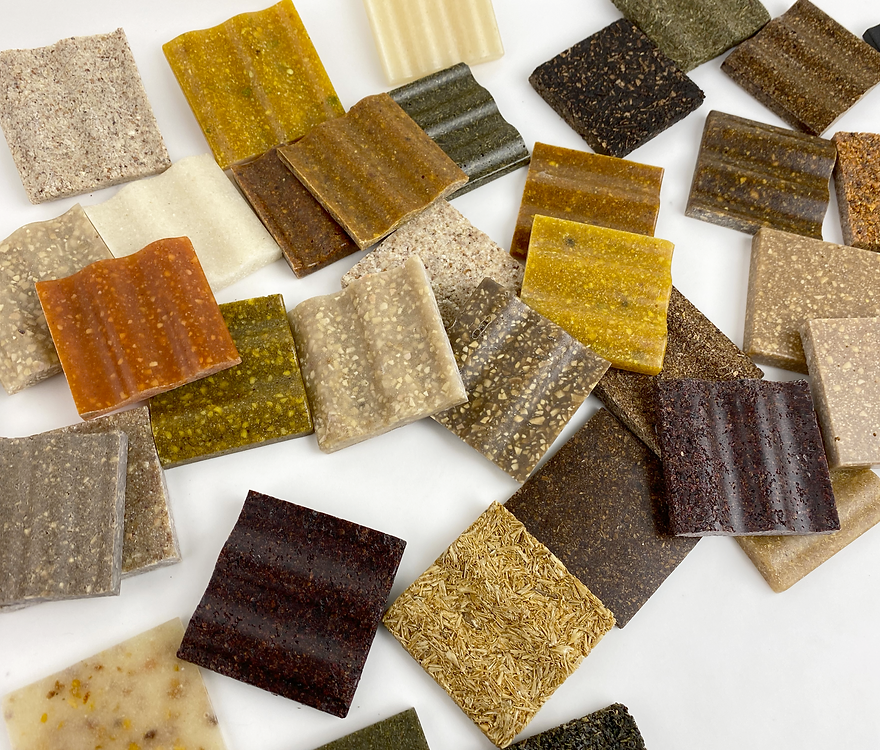 Image 8 of 13
Image 8 of 13

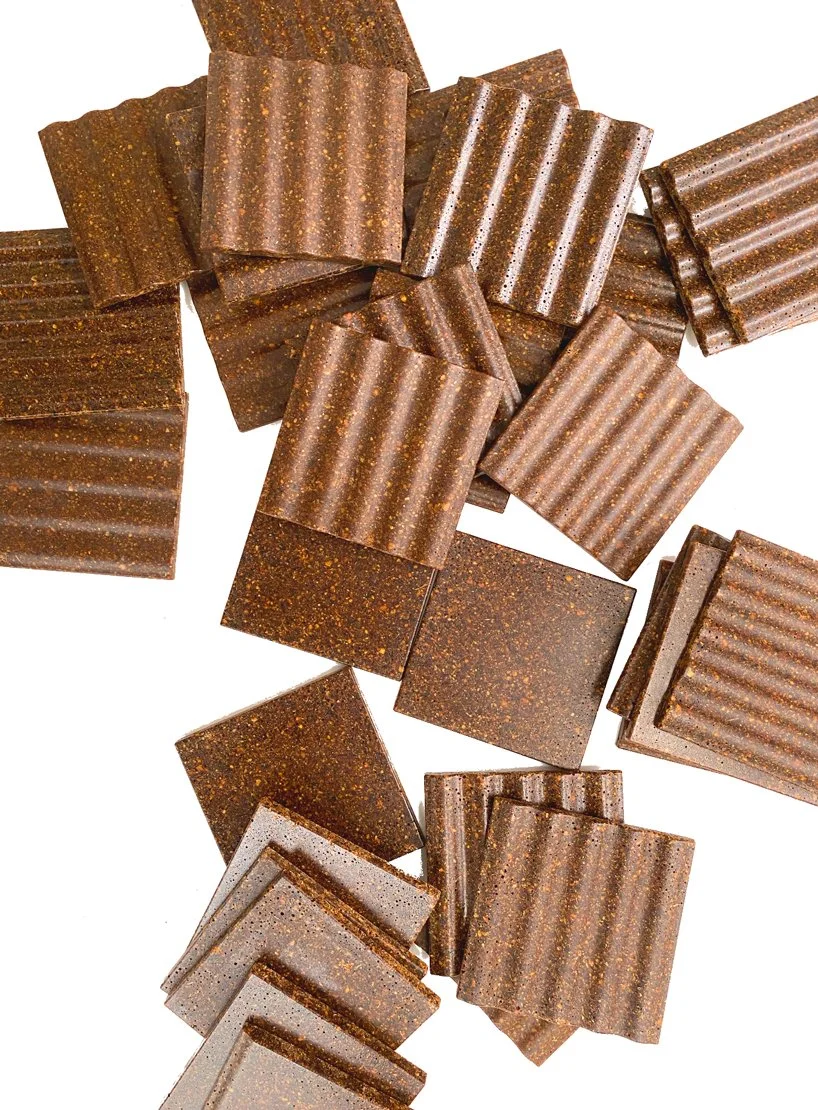 Image 9 of 13
Image 9 of 13

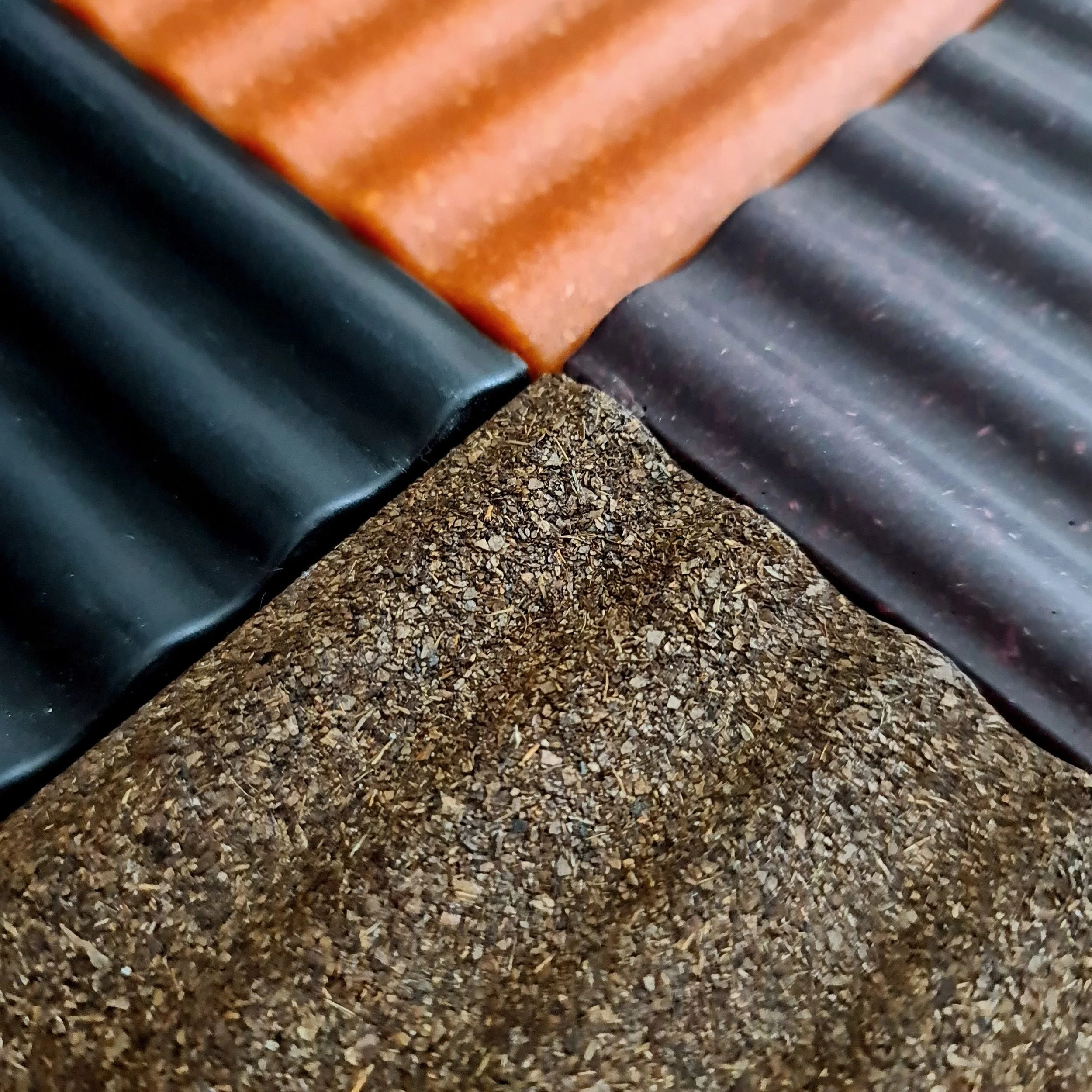 Image 10 of 13
Image 10 of 13

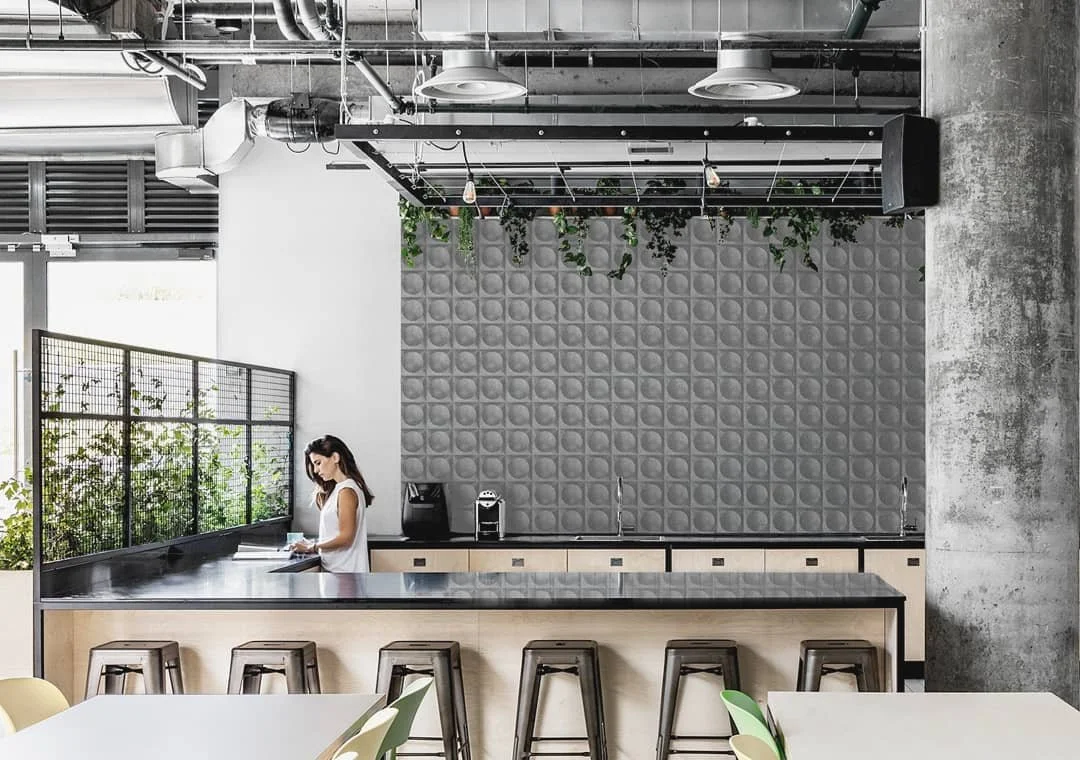 Image 11 of 13
Image 11 of 13

 Image 12 of 13
Image 12 of 13

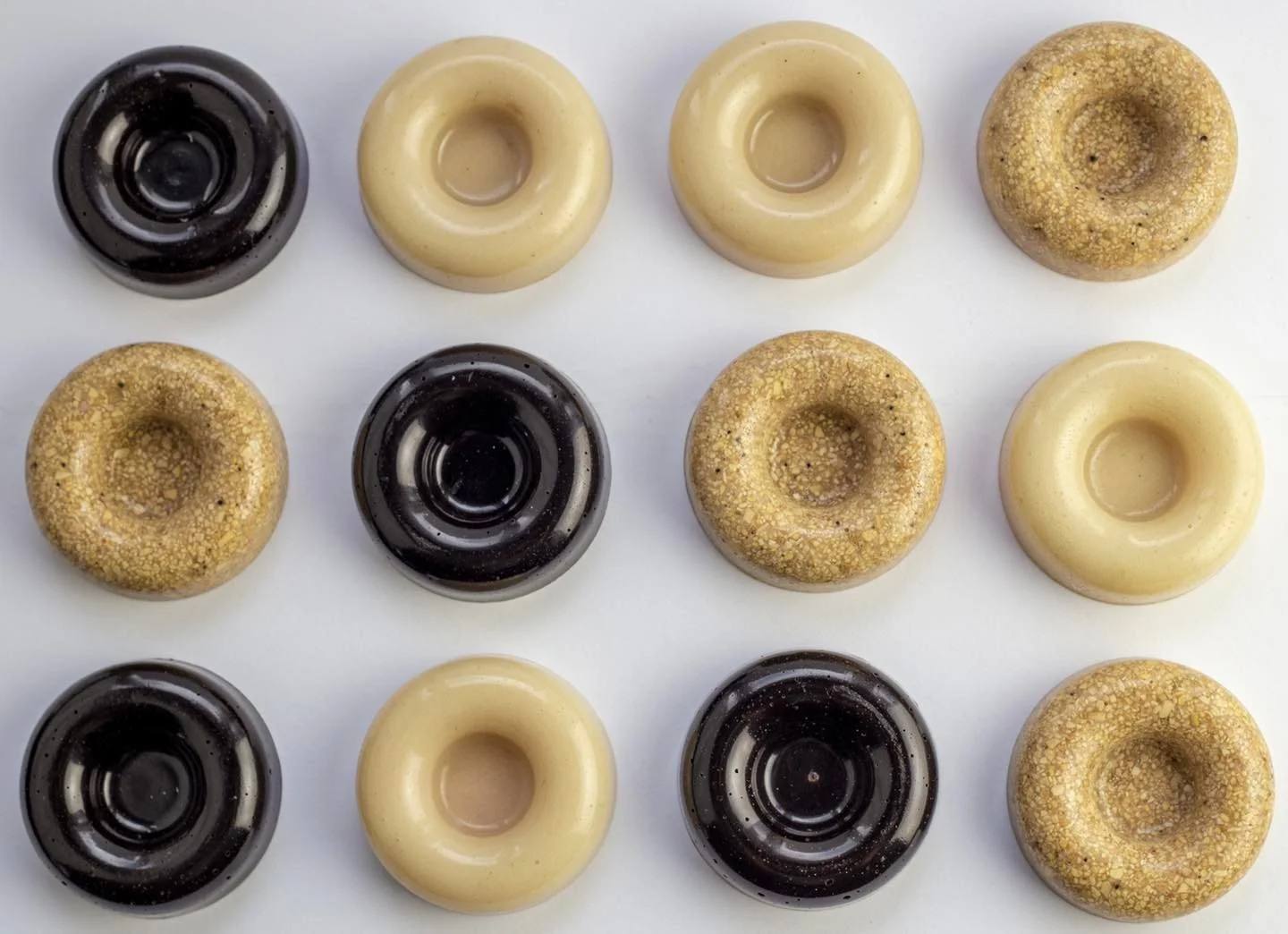 Image 13 of 13
Image 13 of 13














Ottan Studio up-cycles green waste into high-quality materials
Ottan Studio is a green-tech company founded by Ayşe Yılmaz, based in London, UK, with operations in Ankara, Turkey. The studio was established with the mission to develop innovative materials from food and agricultural waste, promoting sustainability in design and construction. Ottan's current mission focuses on transforming organic waste into high-quality, durable bio-composite materials for use in interior design, furniture, and architectural applications. Core values include innovation, sustainability, and circular economy principles, with a purpose to redefine the relationship between waste, materials, and the environment.
Location
Headquarters: London, United Kingdom.
Primary manufacturing/operations locations: Ankara, Turkey, with potential for local production in various regions.
Note: Strategic locations to leverage expertise in biotechnology and design, while fostering international collaborations and supporting local waste management initiatives.
The Circular Vision
Core circular economy principles: Designing out waste, using food and agricultural waste as raw materials, and creating products that promote environmental awareness and sustainable practices.
Key innovations: Development of bio-composite materials containing 50% to 90% upcycled organic waste, such as fruit peels, expired grains, nut shells, and leaves. These materials retain natural colors and textures without artificial additives.
Prioritization of local sourcing and closed-loop supply chains: Strong emphasis on collecting waste from local producers, supporting regional waste management, and reducing transportation burdens.
Pioneering Solutions
Flagship projects: "Eggy & Moon" materials (made from eggshells and pistachio shells), various bio-composite panels for interior applications, and collaborations with designers for furniture and decorative objects.
Unique value propositions: High-quality, durable bio-composite materials that prioritize circularity, waste reduction, and environmental responsibility. Ottan's work is known for its ability to transform food and agricultural waste into valuable, aesthetically pleasing materials for various applications.
The Regenerative Future
R&D focus areas: Advancing bio-composite material development techniques, exploring new applications for food and agricultural waste, and developing solutions that further reduce waste and energy consumption in material production processes.
Ambitious goals: To lead the materials industry in sustainable practices, create zero-waste production systems, and inspire a shift towards a regenerative approach to material design and usage in construction and interior design.
Fact Sheet
Commercial Availability: Bio-composite materials available for interior wall coverings, furniture, and various design products.
Circularity Rating: 5/5 (Strong focus on circular economy principles and waste reduction).
Key Certifications: Winner of several sustainability challenges and incubator programs.
Cost Rating: Information not available.
Material Passport: Detailed material traceability with 65-85% organic waste content in each material.
Designed for Disassembly: Information not explicitly provided, but emphasis on sustainability suggests potential for end-of-life considerations.
Carbon Performance: Focus on reducing carbon footprint through the use of waste materials and local production. Committed to lowering the carbon footprint of produced goods.
Key Takeaway
Ottan Studio transforms the materials industry through innovative, sustainable solutions that prioritize circular economy principles, setting a benchmark for environmental responsibility and waste reduction in bio-composite material development for interior design and construction.
Explore Further
Ottan Studio website: https://www.ottanstudio.com
Ottan Studio is a green-tech company founded by Ayşe Yılmaz, based in London, UK, with operations in Ankara, Turkey. The studio was established with the mission to develop innovative materials from food and agricultural waste, promoting sustainability in design and construction. Ottan's current mission focuses on transforming organic waste into high-quality, durable bio-composite materials for use in interior design, furniture, and architectural applications. Core values include innovation, sustainability, and circular economy principles, with a purpose to redefine the relationship between waste, materials, and the environment.
Location
Headquarters: London, United Kingdom.
Primary manufacturing/operations locations: Ankara, Turkey, with potential for local production in various regions.
Note: Strategic locations to leverage expertise in biotechnology and design, while fostering international collaborations and supporting local waste management initiatives.
The Circular Vision
Core circular economy principles: Designing out waste, using food and agricultural waste as raw materials, and creating products that promote environmental awareness and sustainable practices.
Key innovations: Development of bio-composite materials containing 50% to 90% upcycled organic waste, such as fruit peels, expired grains, nut shells, and leaves. These materials retain natural colors and textures without artificial additives.
Prioritization of local sourcing and closed-loop supply chains: Strong emphasis on collecting waste from local producers, supporting regional waste management, and reducing transportation burdens.
Pioneering Solutions
Flagship projects: "Eggy & Moon" materials (made from eggshells and pistachio shells), various bio-composite panels for interior applications, and collaborations with designers for furniture and decorative objects.
Unique value propositions: High-quality, durable bio-composite materials that prioritize circularity, waste reduction, and environmental responsibility. Ottan's work is known for its ability to transform food and agricultural waste into valuable, aesthetically pleasing materials for various applications.
The Regenerative Future
R&D focus areas: Advancing bio-composite material development techniques, exploring new applications for food and agricultural waste, and developing solutions that further reduce waste and energy consumption in material production processes.
Ambitious goals: To lead the materials industry in sustainable practices, create zero-waste production systems, and inspire a shift towards a regenerative approach to material design and usage in construction and interior design.
Fact Sheet
Commercial Availability: Bio-composite materials available for interior wall coverings, furniture, and various design products.
Circularity Rating: 5/5 (Strong focus on circular economy principles and waste reduction).
Key Certifications: Winner of several sustainability challenges and incubator programs.
Cost Rating: Information not available.
Material Passport: Detailed material traceability with 65-85% organic waste content in each material.
Designed for Disassembly: Information not explicitly provided, but emphasis on sustainability suggests potential for end-of-life considerations.
Carbon Performance: Focus on reducing carbon footprint through the use of waste materials and local production. Committed to lowering the carbon footprint of produced goods.
Key Takeaway
Ottan Studio transforms the materials industry through innovative, sustainable solutions that prioritize circular economy principles, setting a benchmark for environmental responsibility and waste reduction in bio-composite material development for interior design and construction.
Explore Further
Ottan Studio website: https://www.ottanstudio.com
